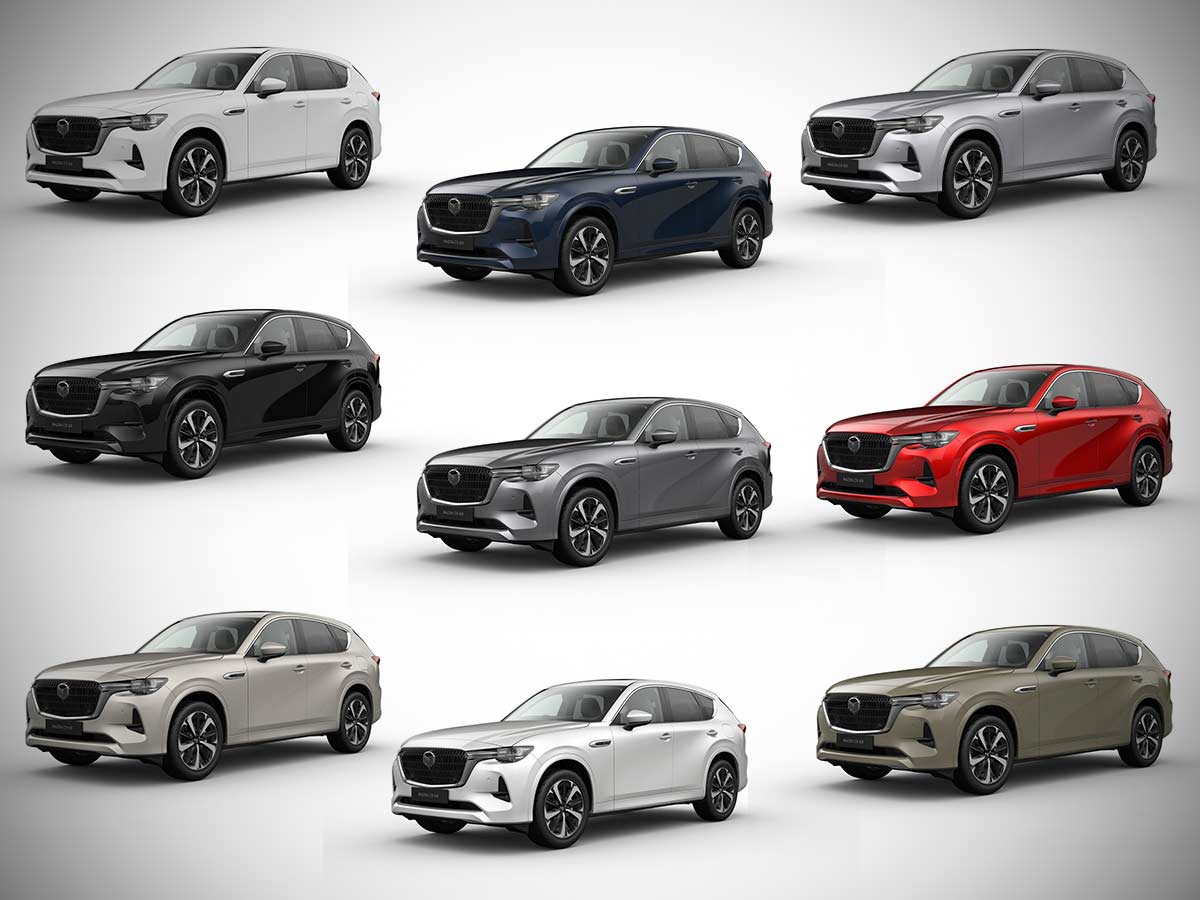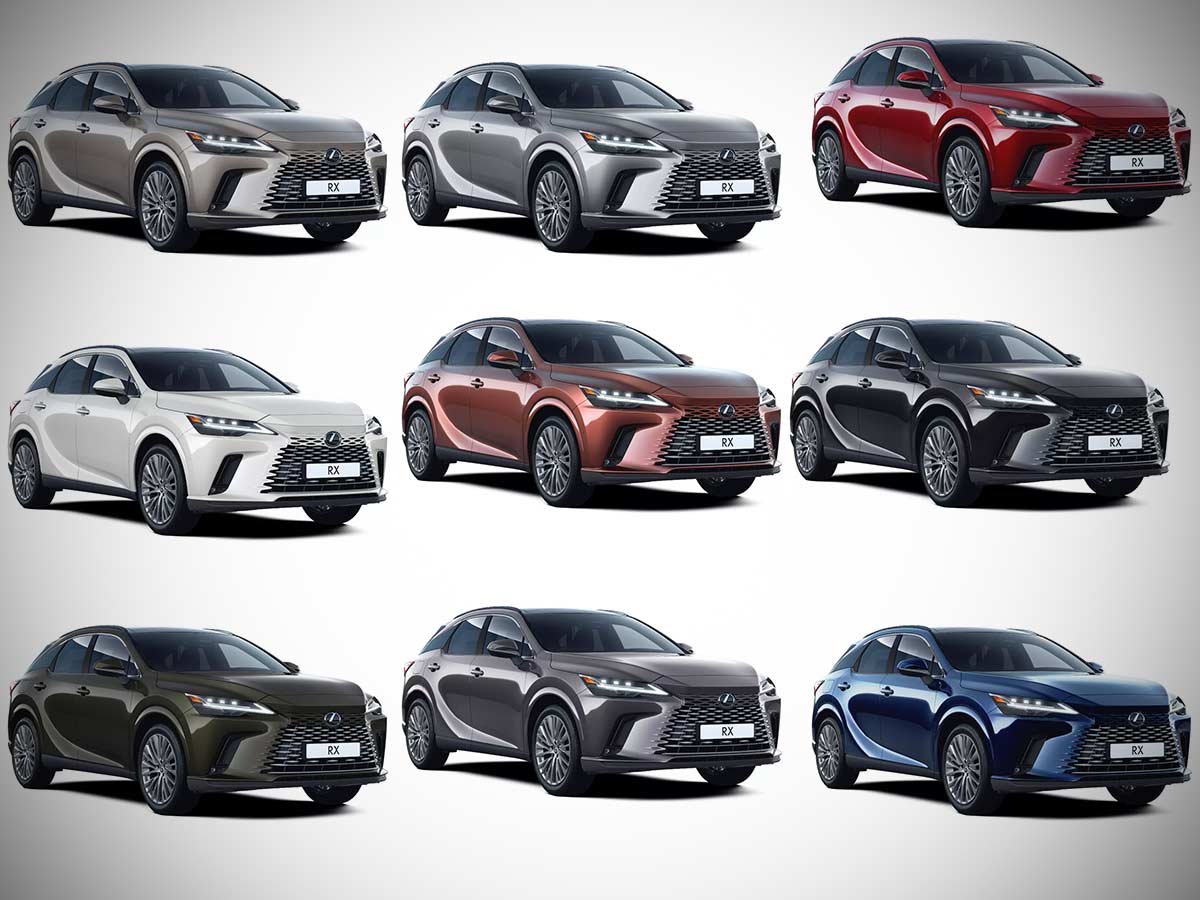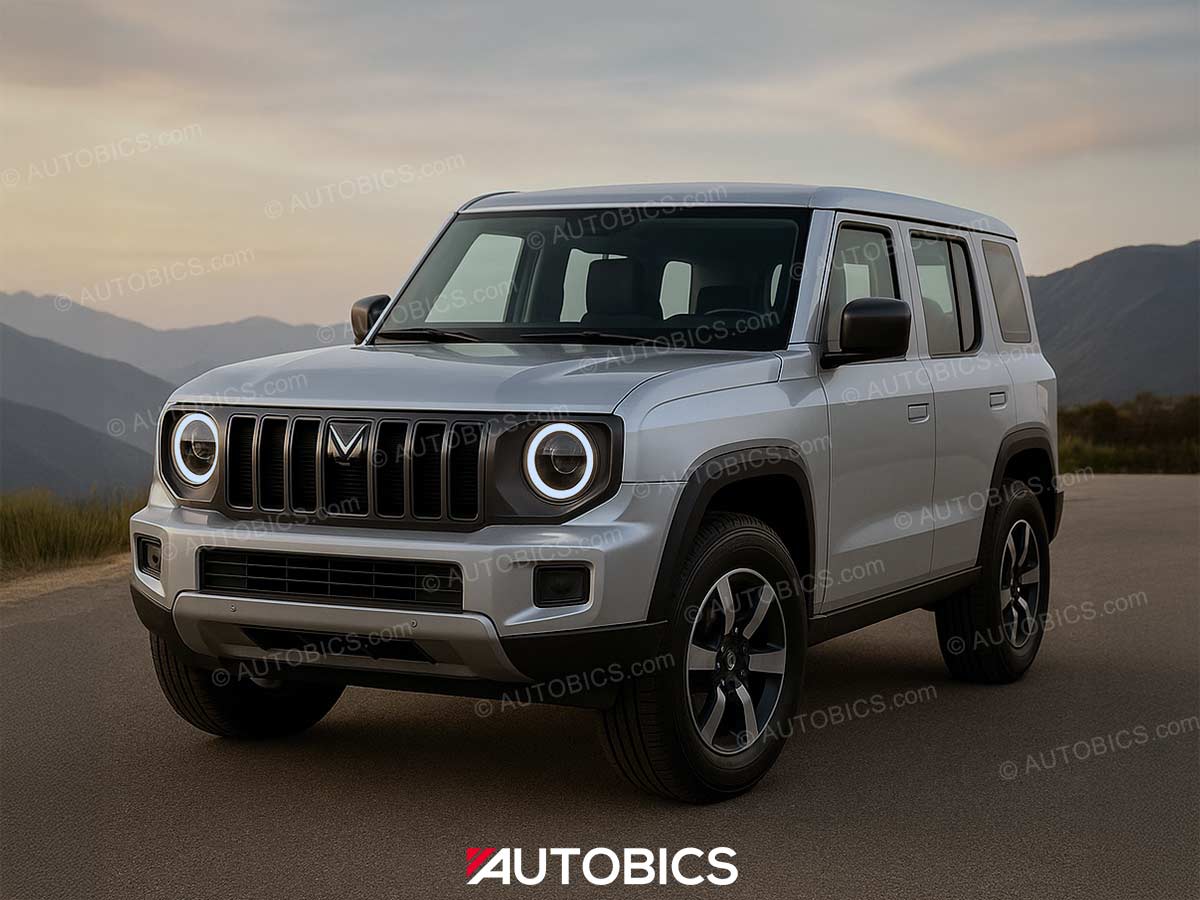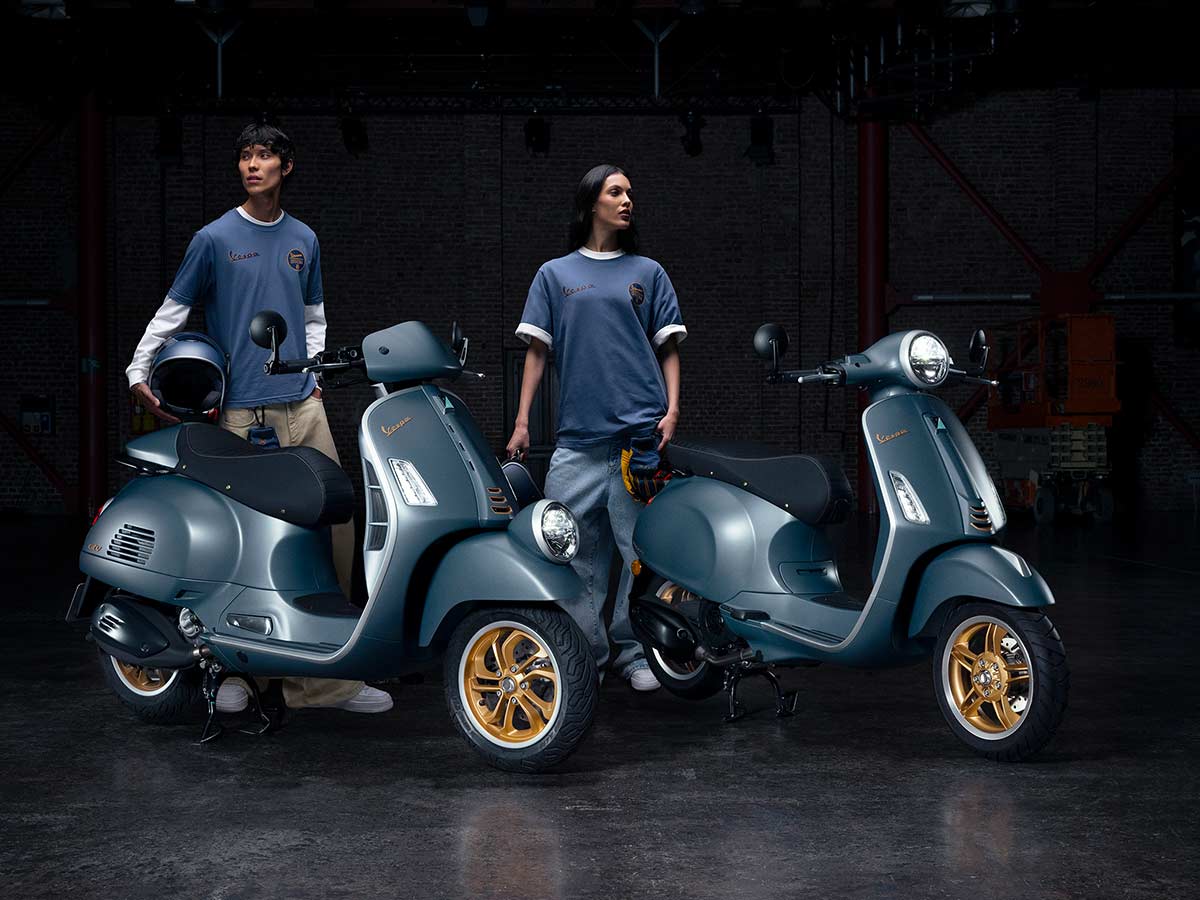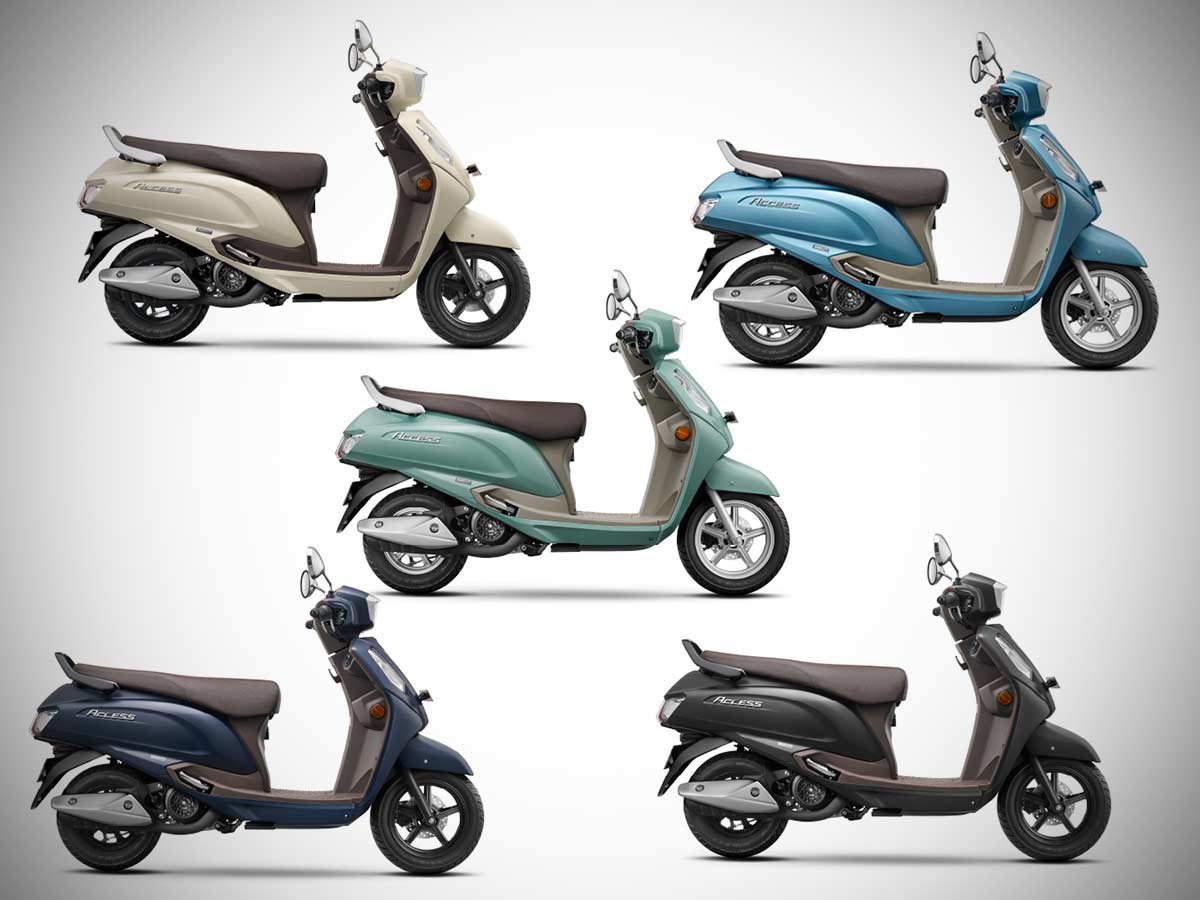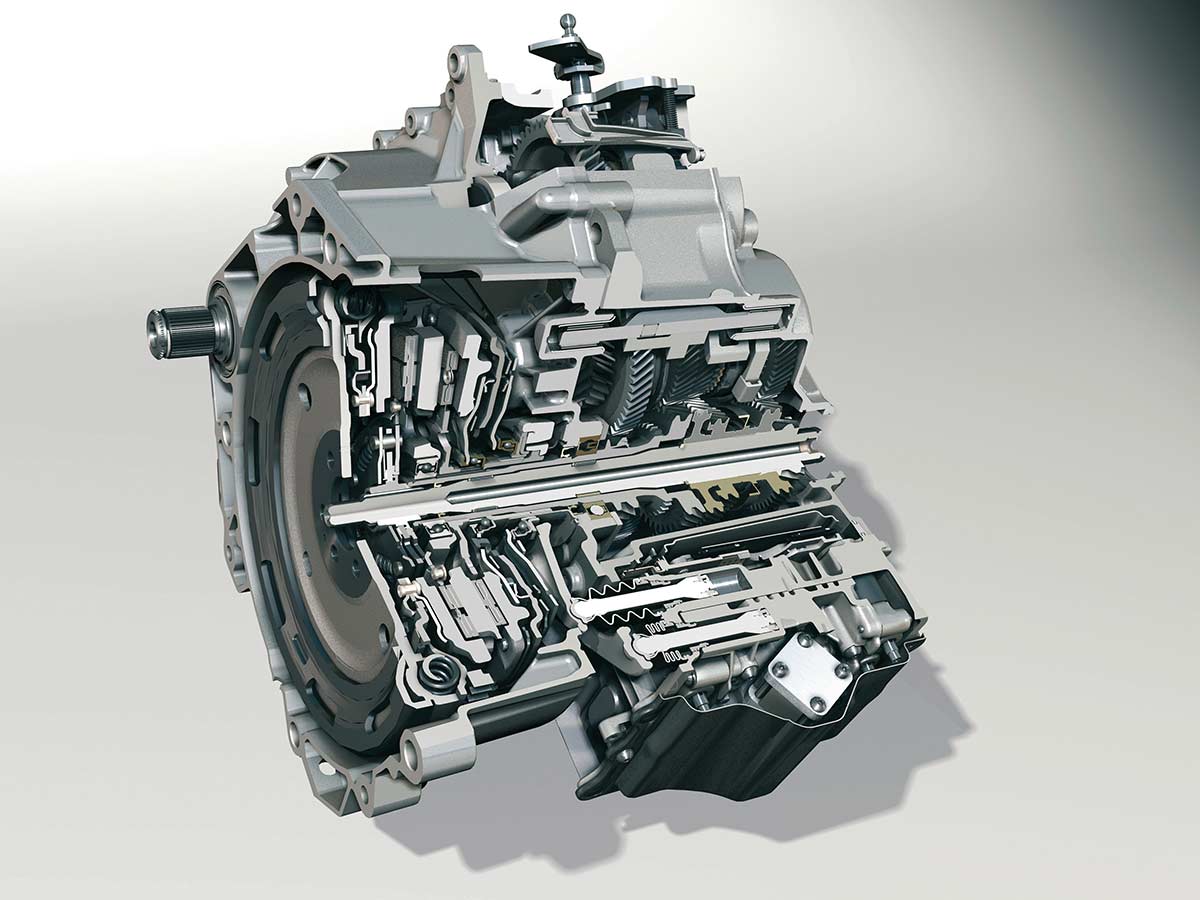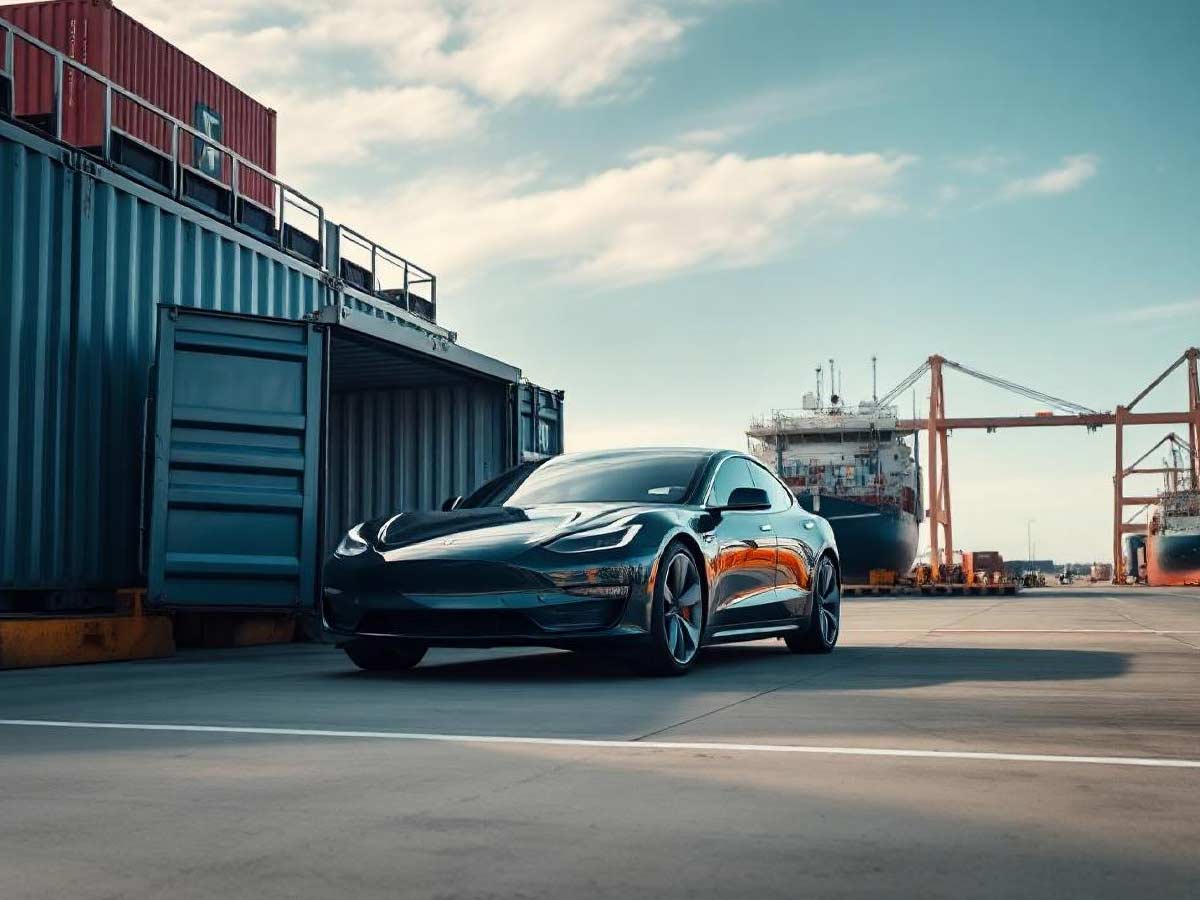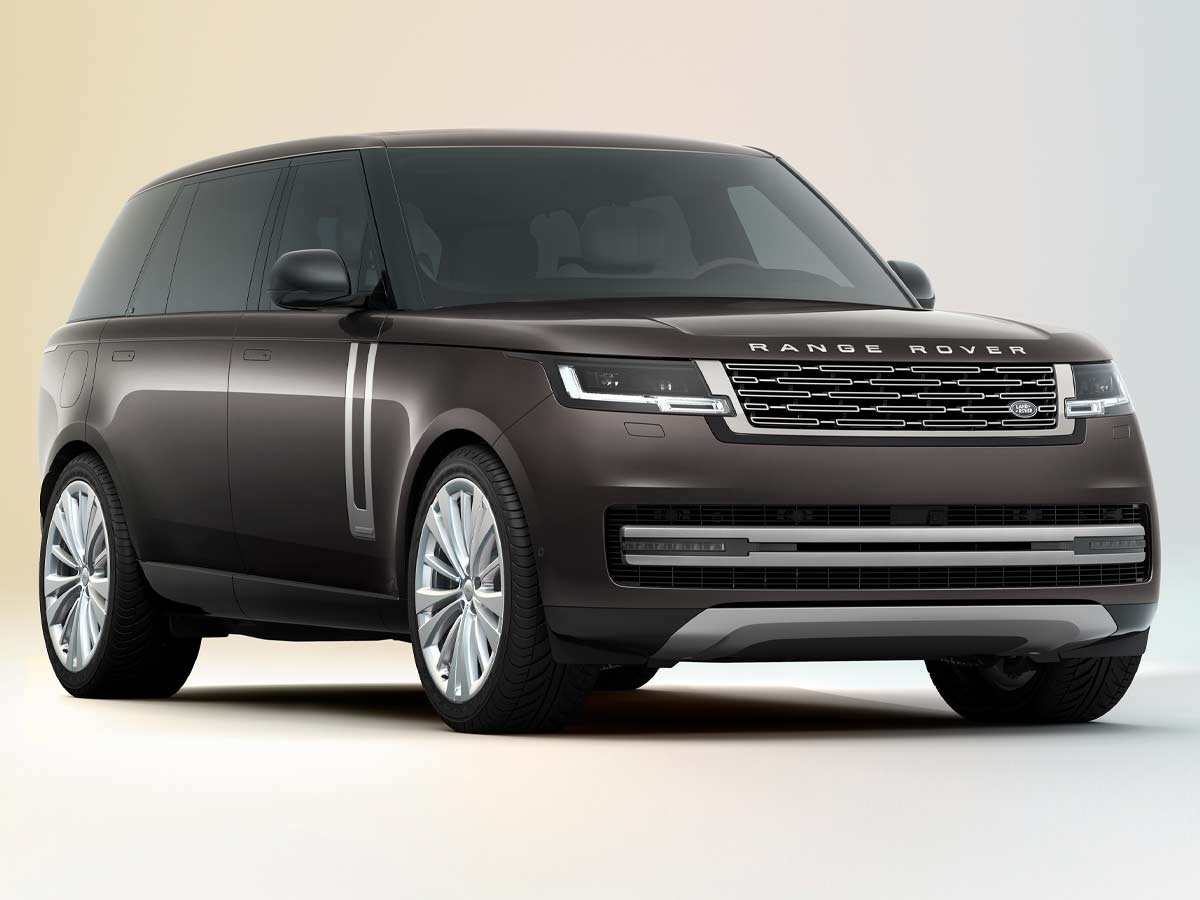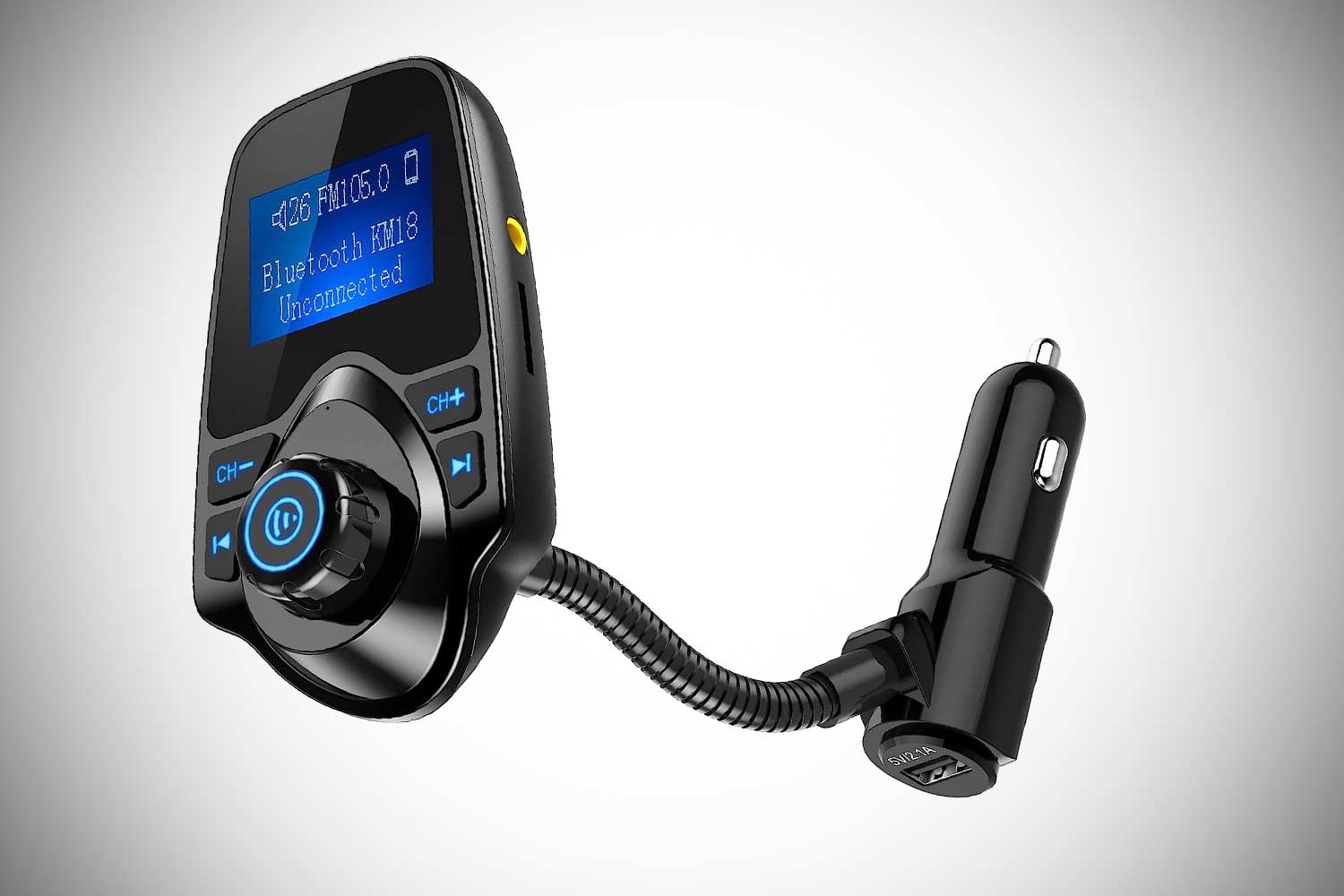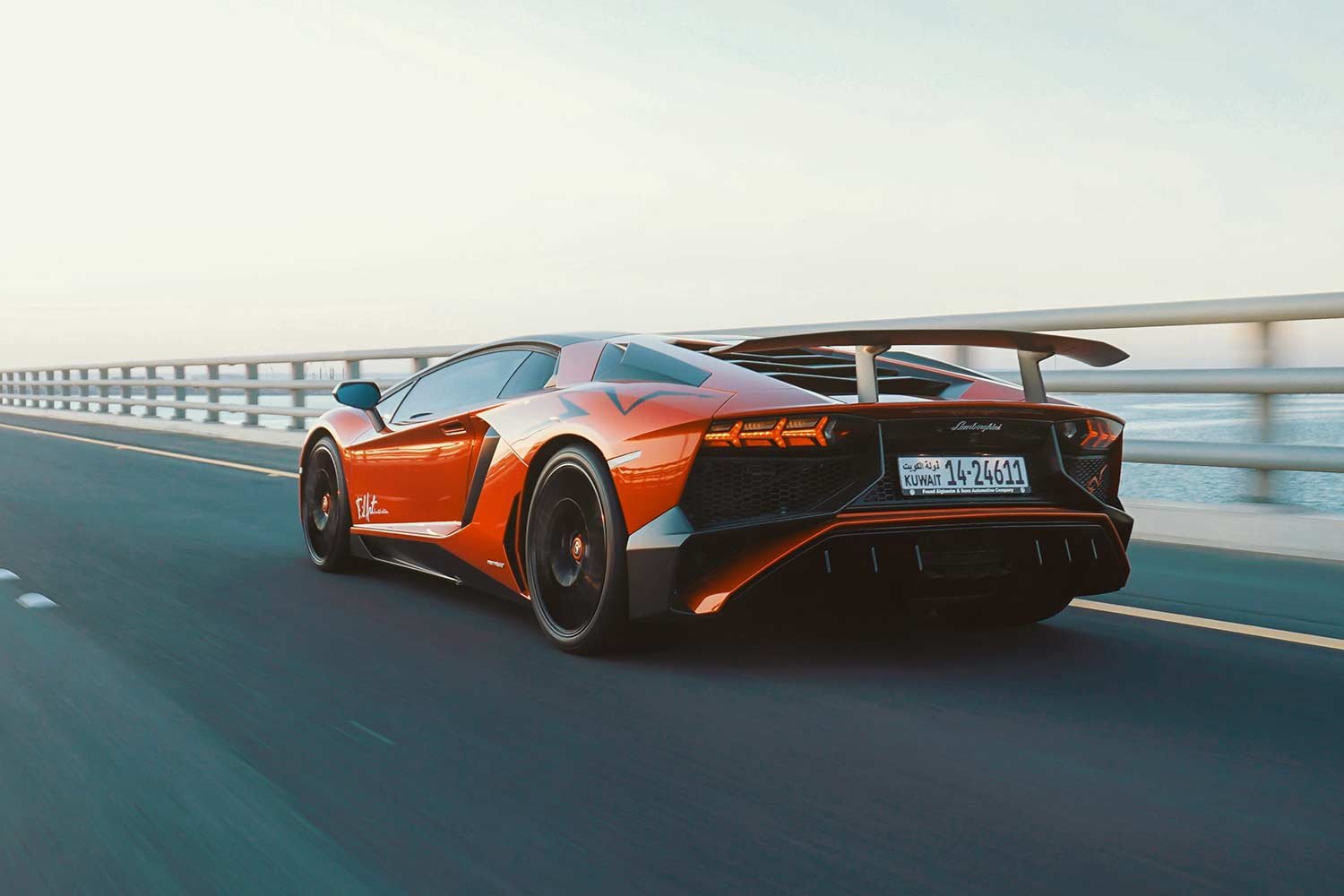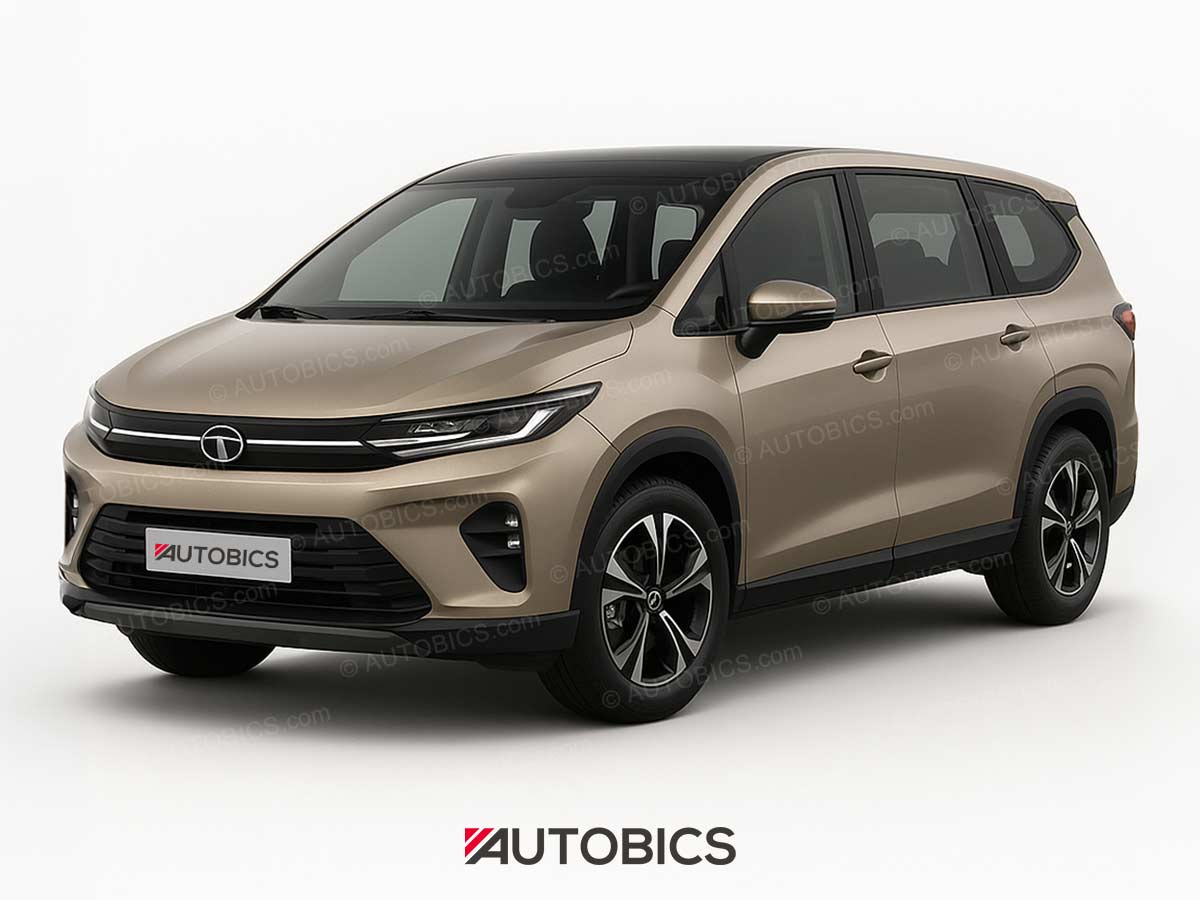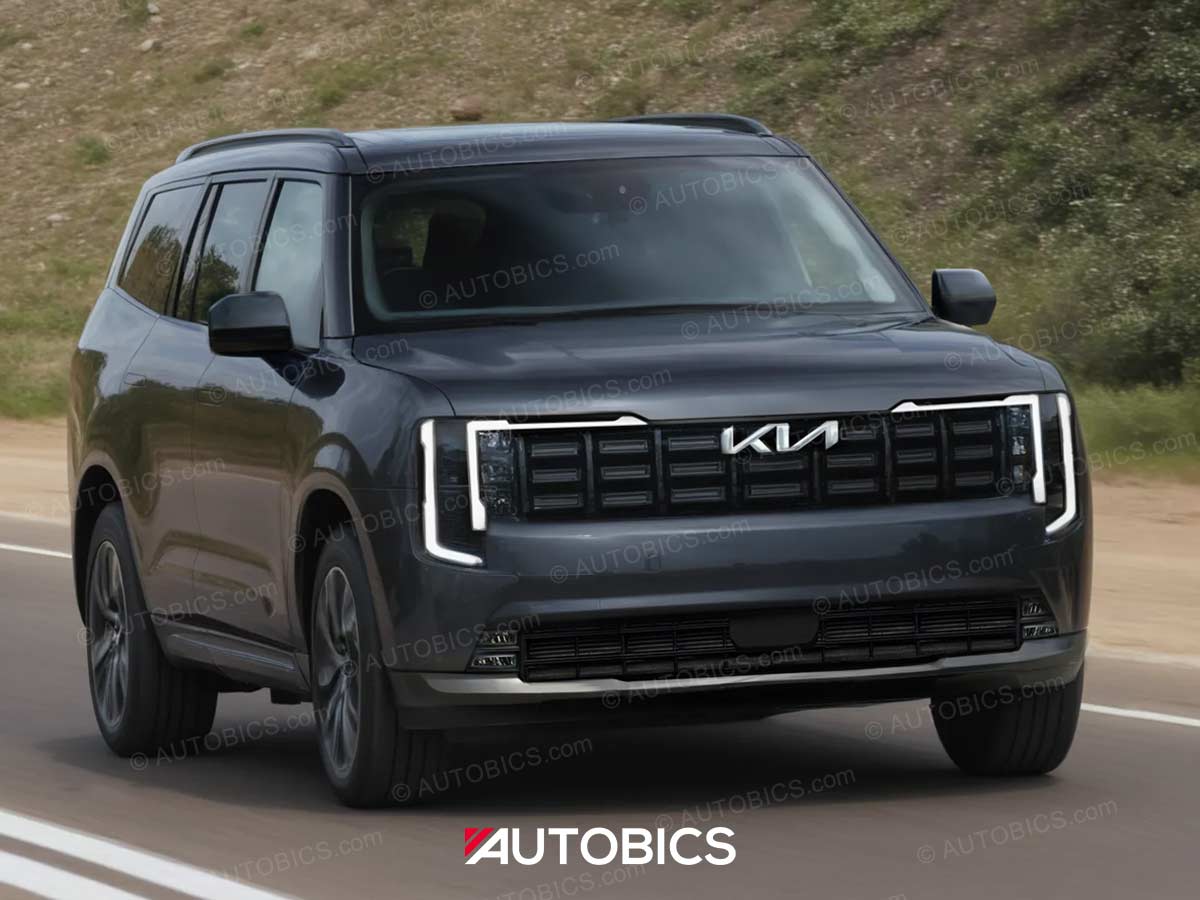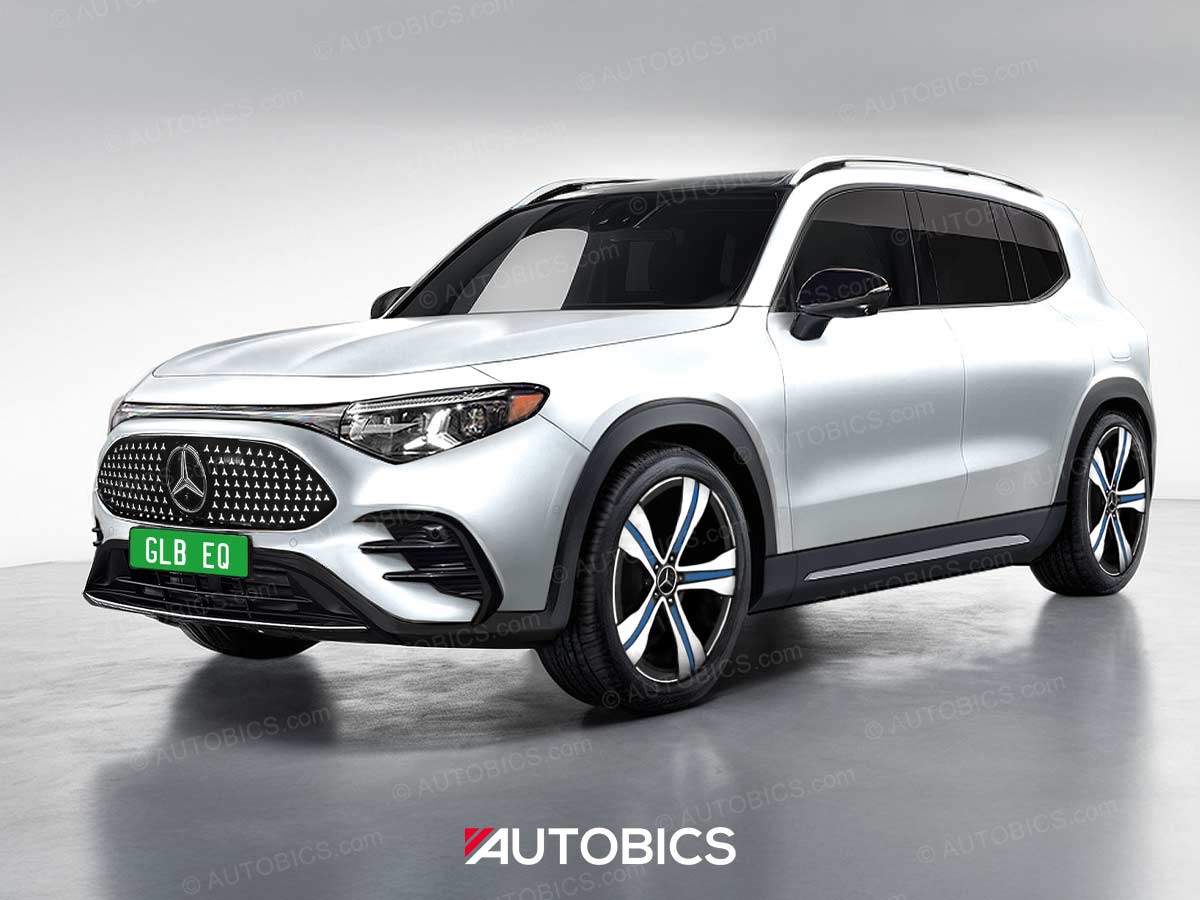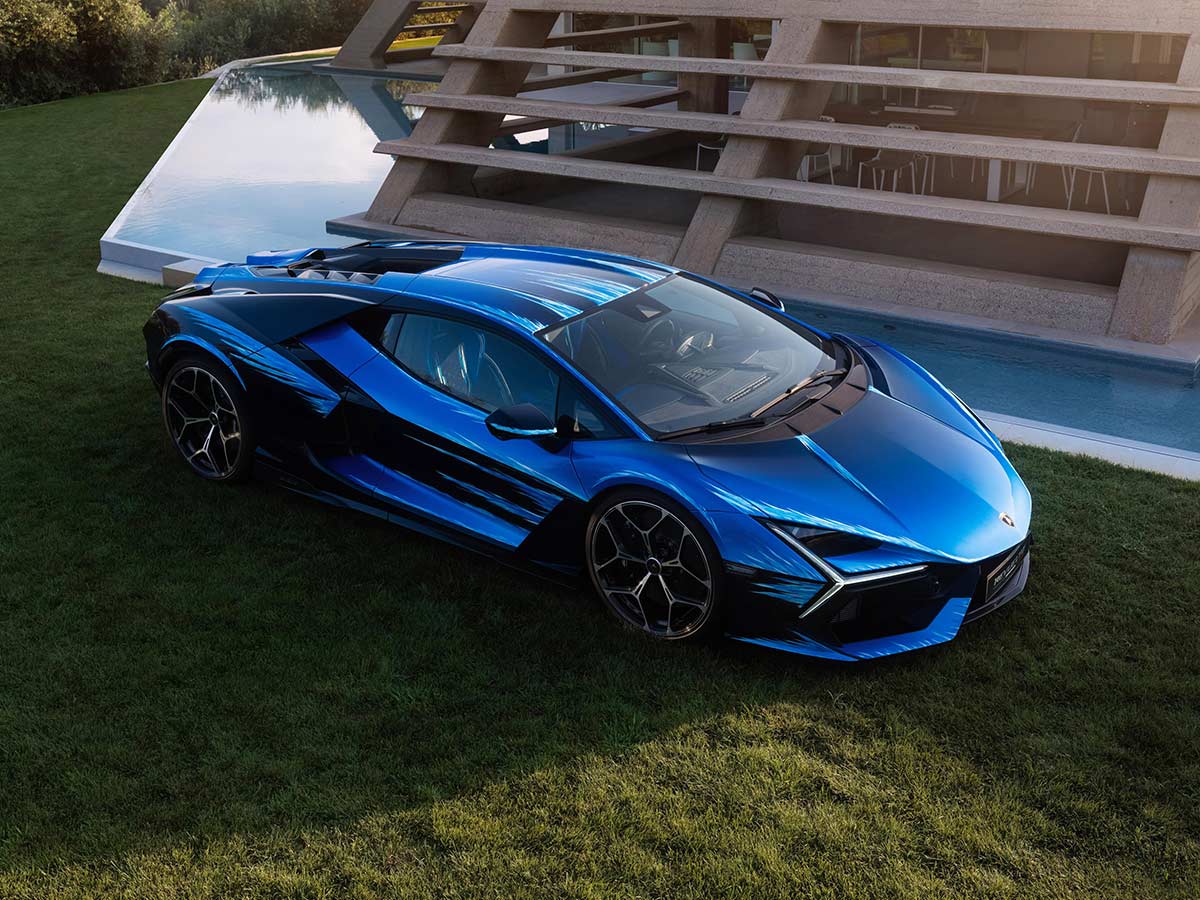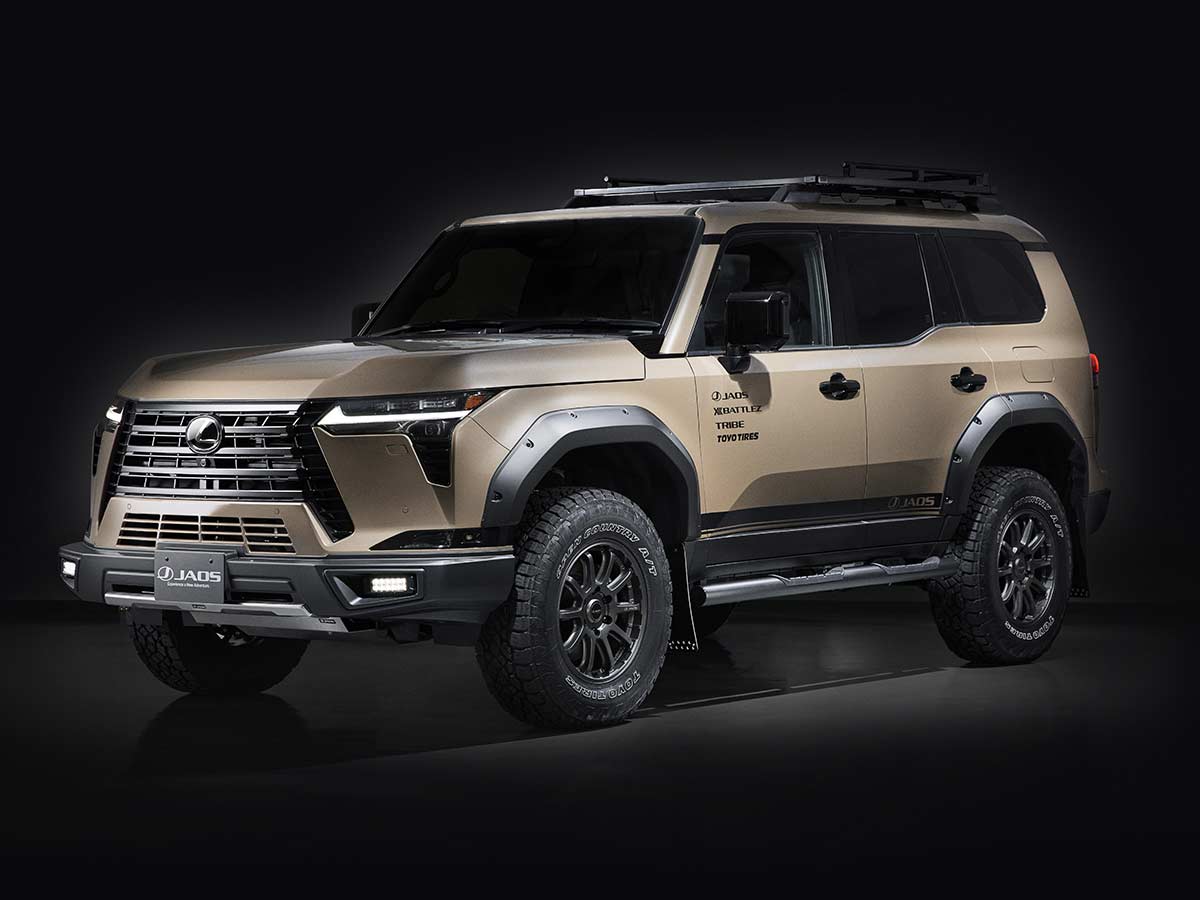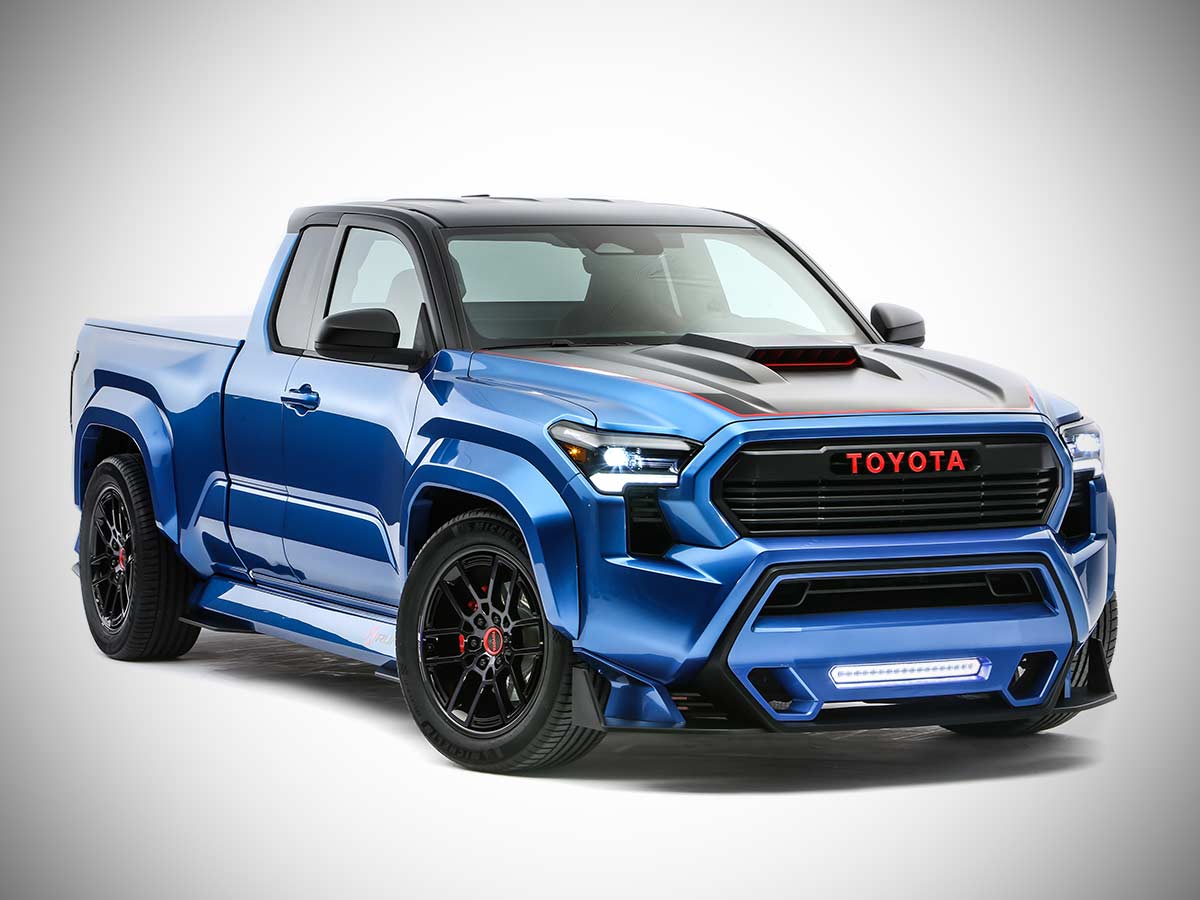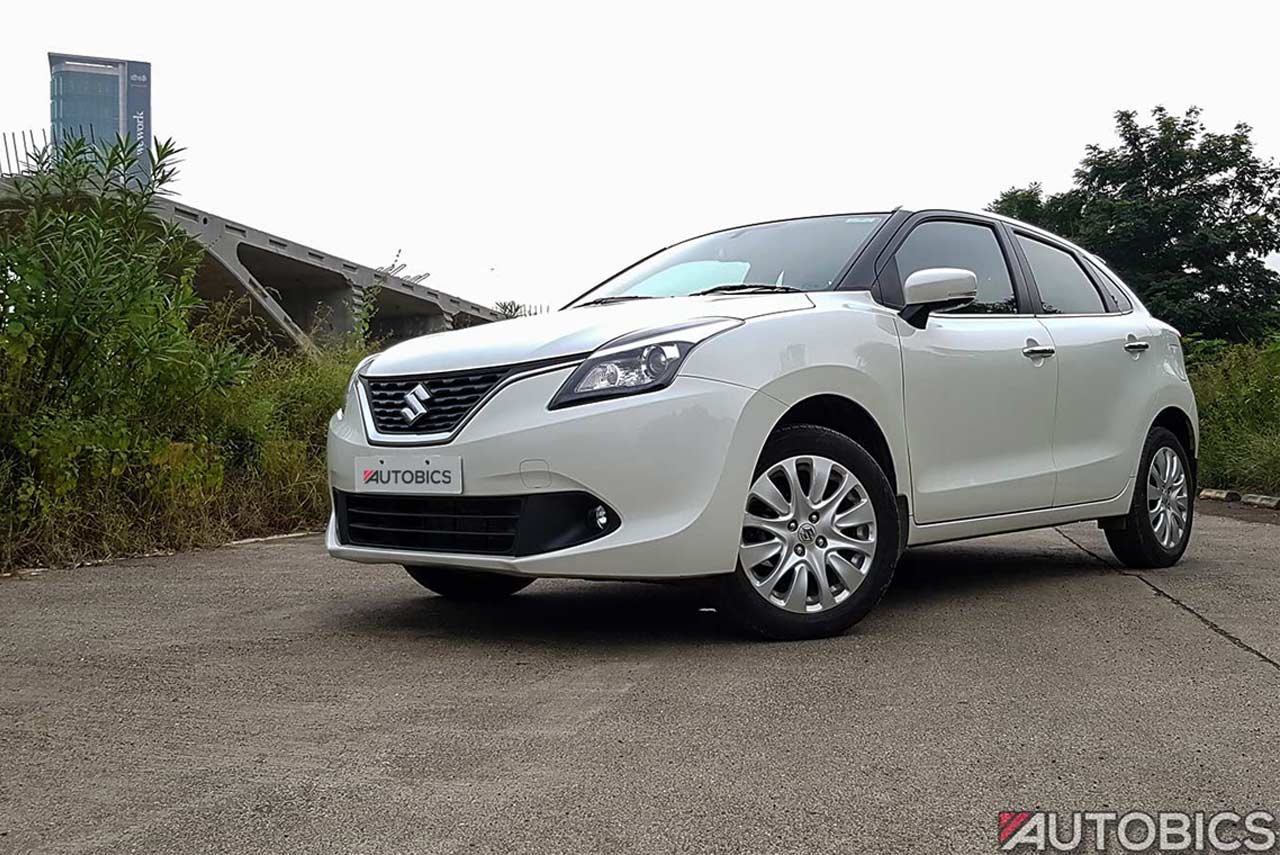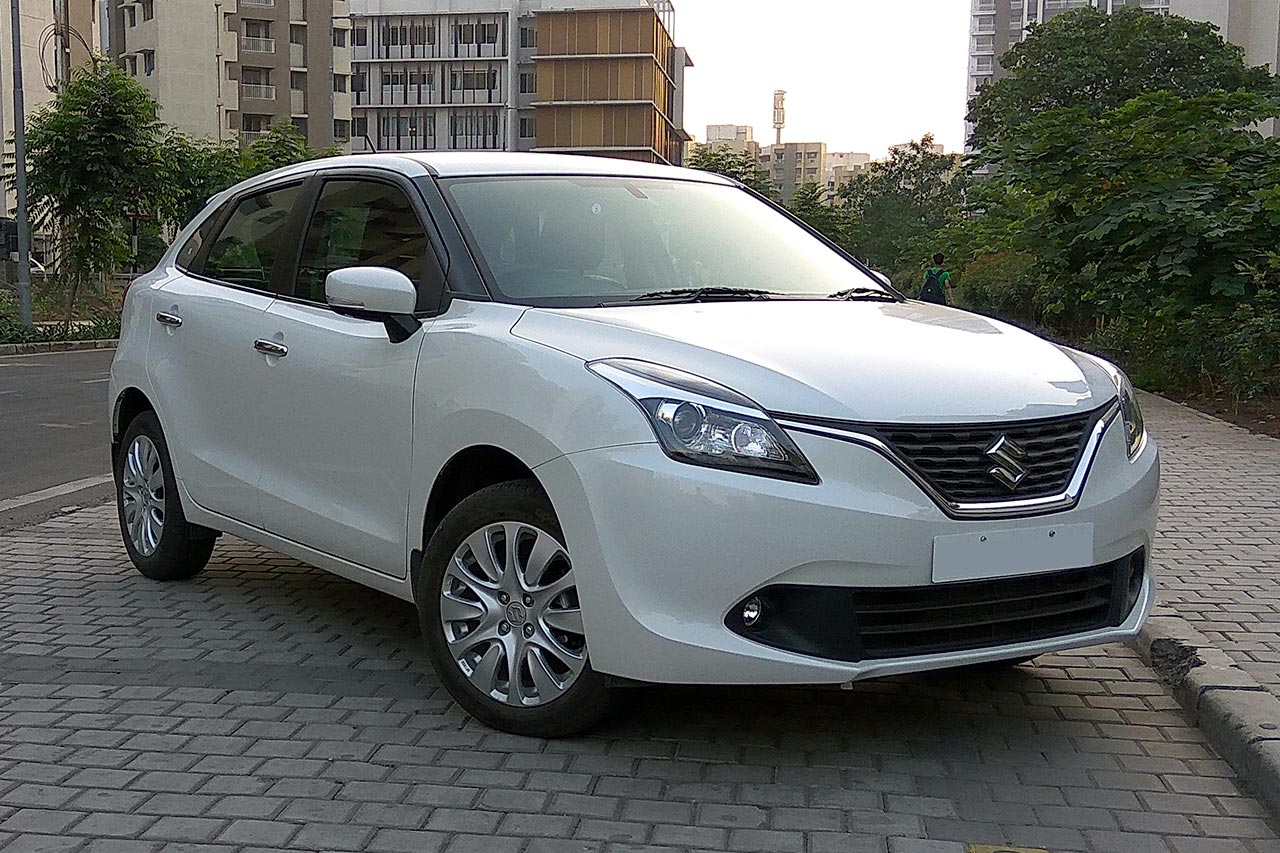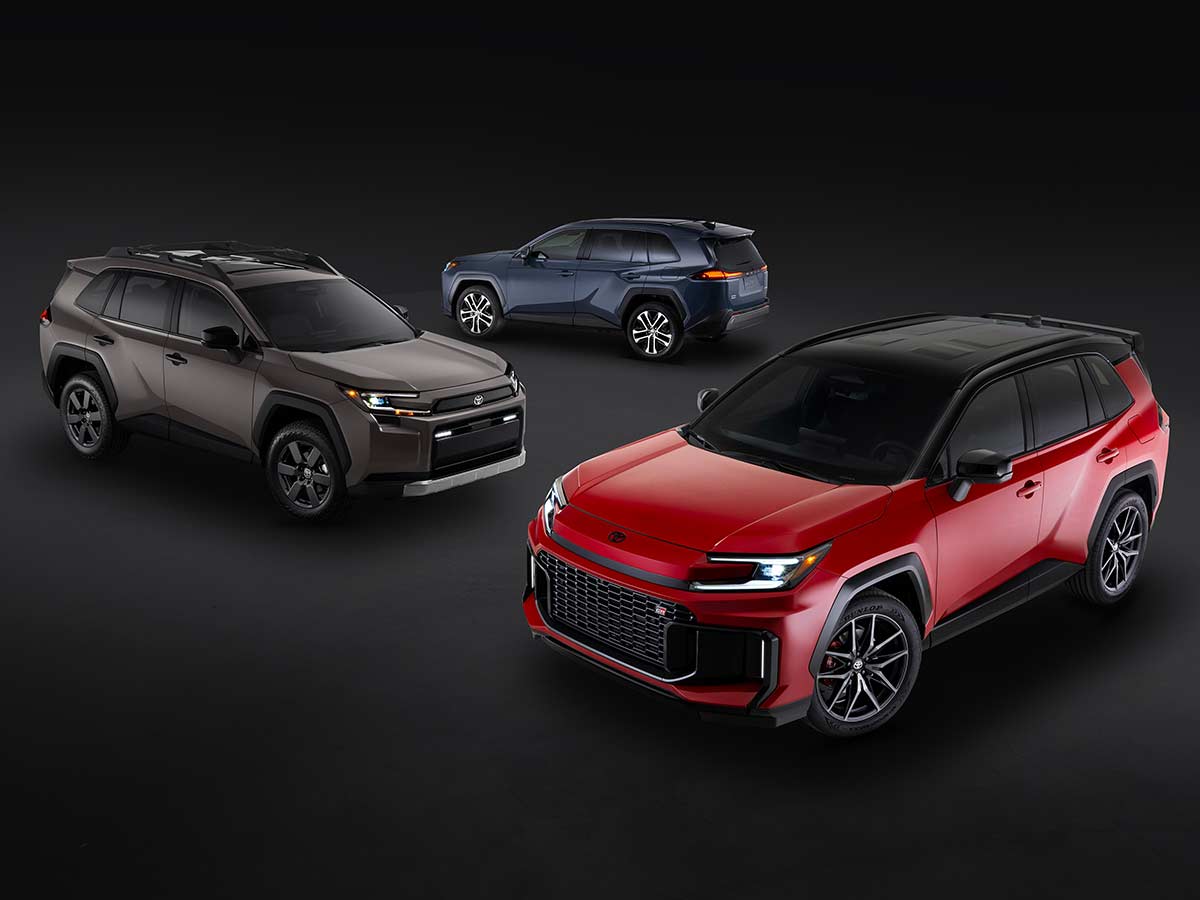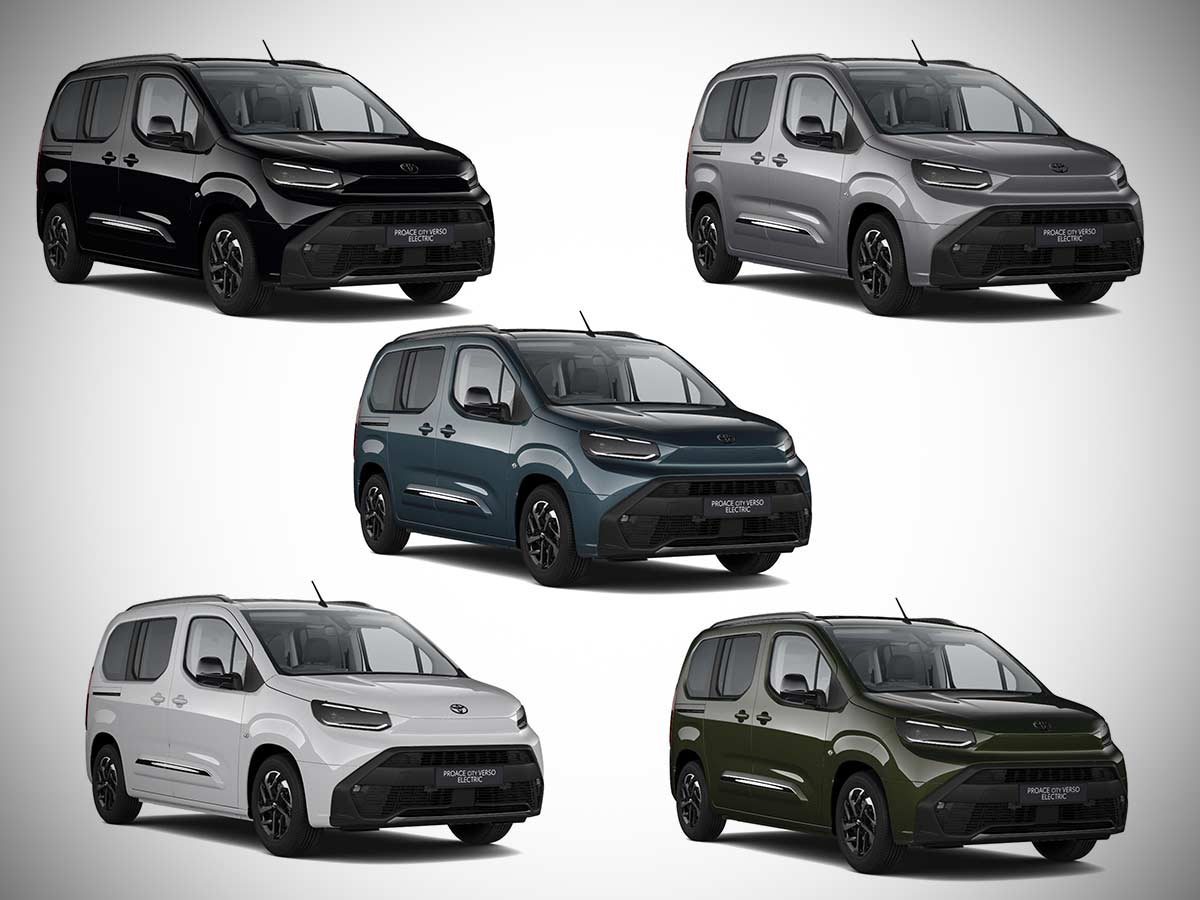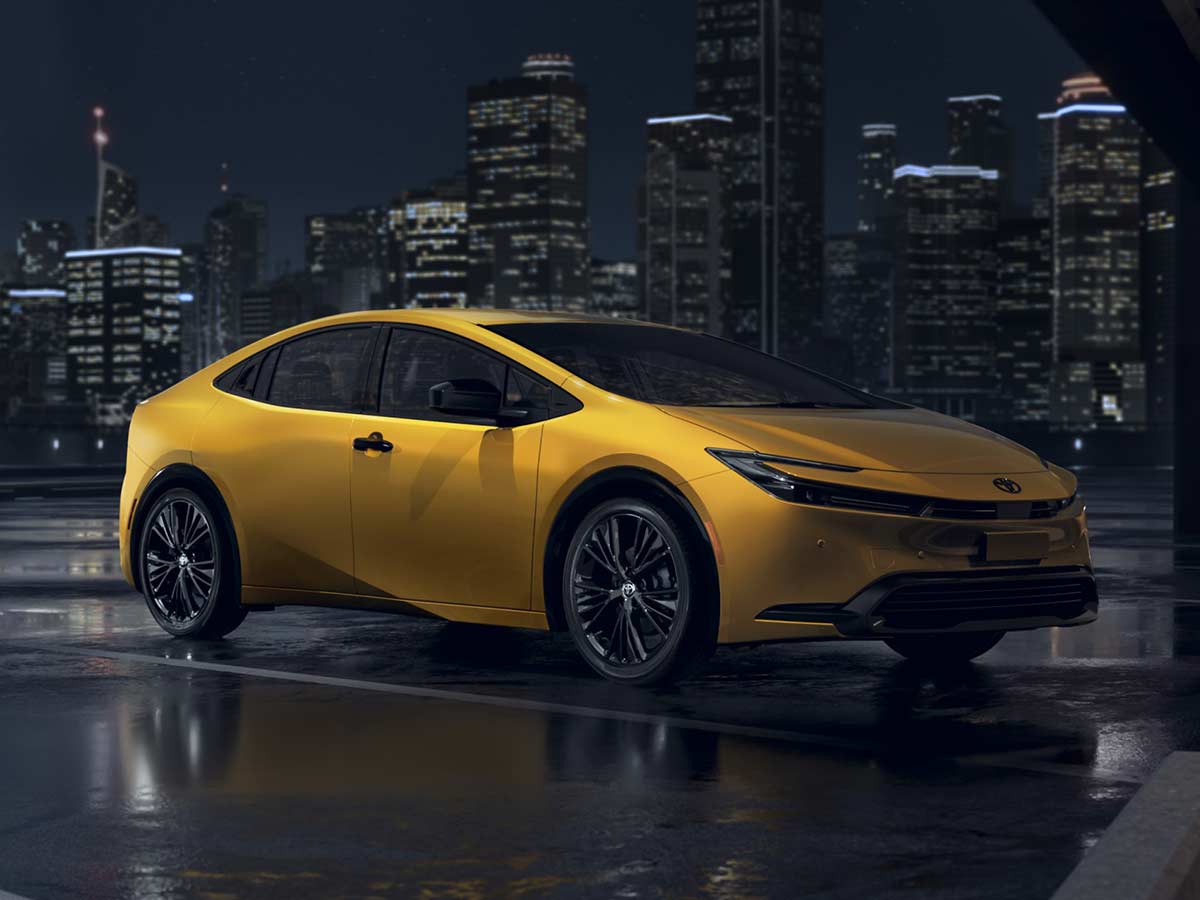The Toyota Fortuner, renowned for its durability, off-road prowess, and reliability, has dominated the SUV market for decades. From conquering rugged terrains to offering comfortable highway cruising, it remains a favorite among adventurers, families, and enthusiasts. As the global shift toward electrification gains momentum, Toyota appears poised to transform this iconic SUV by introducing hybrid technology. With advancements like the Innova Hycross, the next-gen Fortuner Hybrid could mark a revolutionary step in the SUV landscape.
>>> Great Discounts on Car & Bike Accessories <<<
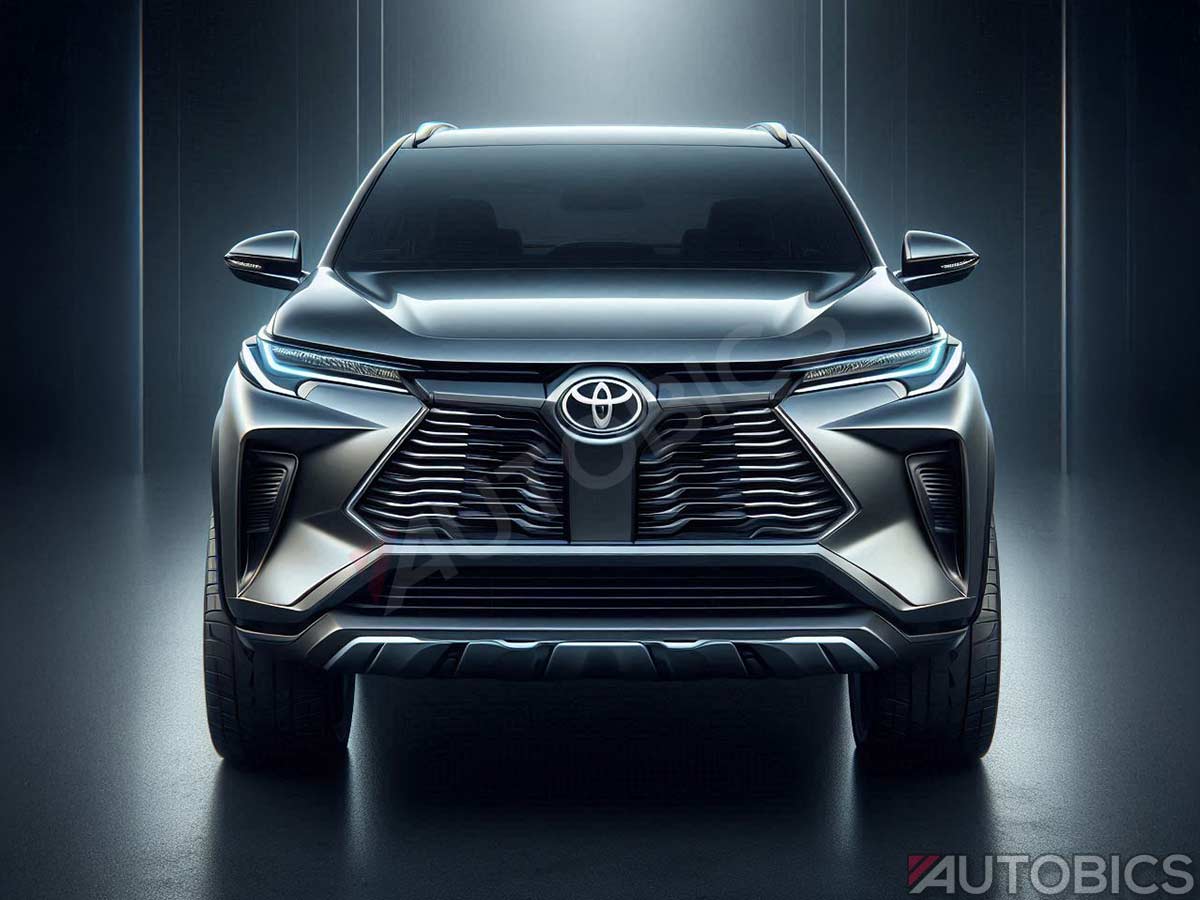
A Legacy Built on Toughness
Since its launch in 2005, the Toyota Fortuner has symbolized rugged dependability. Its evolution on the robust IMV platform has taken it from a bare-bones utility vehicle to a premium SUV that excels in design, comfort, and capability. The second-generation Fortuner, introduced in 2015, combines bold styling, cutting-edge safety features, and luxurious interiors with its robust petrol and diesel engines.
However, with stricter emission norms and eco-conscious buyers demanding sustainable options, even an SUV heavyweight like the Fortuner must adapt. Could the Toyota Fortuner Hybrid be the answer to these changing demands?
Hybrid Technology: Toyota’s Game-Changer
Toyota has been a trailblazer in hybrid technology for decades. The success of hybrid models like the Prius, RAV4 Hybrid, and most recently, the Innova Hycross, underscores Toyota’s ability to deliver vehicles that balance performance, fuel efficiency, and lower emissions.
The Innova Hycross features a 2.0L petrol-hybrid engine using Toyota’s fifth-generation self-charging hybrid electric system. It offers impressive fuel efficiency of up to 21.1 km/l while maintaining robust performance, setting the stage for a similar transition for the Fortuner.
What to Expect from a Toyota Fortuner Hybrid
A petrol-hybrid Fortuner would bring exciting upgrades while retaining its rugged DNA. Here’s what potential buyers and enthusiasts might anticipate:
1. Hybrid Powertrain and Performance
- A hybrid Fortuner could utilize Toyota’s Dynamic Force engines, such as a 2.5L or 2.0L petrol-hybrid system paired with an electric motor.
- Power output could exceed 200 horsepower, maintaining its commanding road presence and off-road capabilities.
- Paired with an e-CVT or Toyota’s Direct Shift CVT, the hybrid system might deliver smoother, more responsive performance.
2. Off-Road Readiness
- Toyota is likely to ensure the hybrid Fortuner remains a true off-roader. An electrified 4WD system, terrain-specific drive modes, and differential locks could be part of the package.
3. Improved Fuel Efficiency
- A hybrid Fortuner could offer 30–50% better fuel efficiency than its diesel counterpart, appealing to practical buyers and enthusiasts alike.
4. Lower Emissions
- The hybrid variant would comply with stricter emission norms, making it more eco-friendly and future-proof.
5. Tech and Luxury Upgrades
- Advanced features such as a 360-degree camera, a larger infotainment system, and semi-autonomous driving aids are likely to be introduced, aligning the Fortuner Hybrid with modern SUV standards.
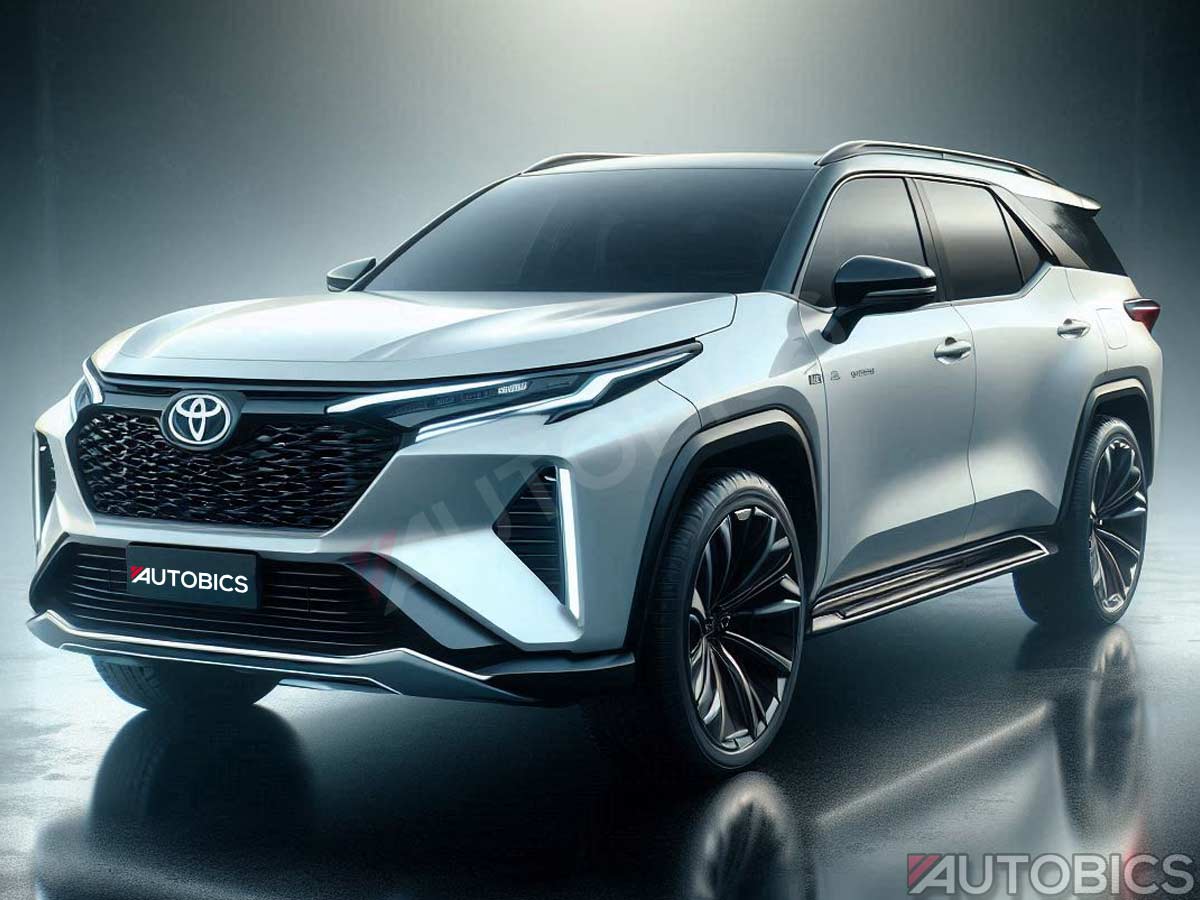
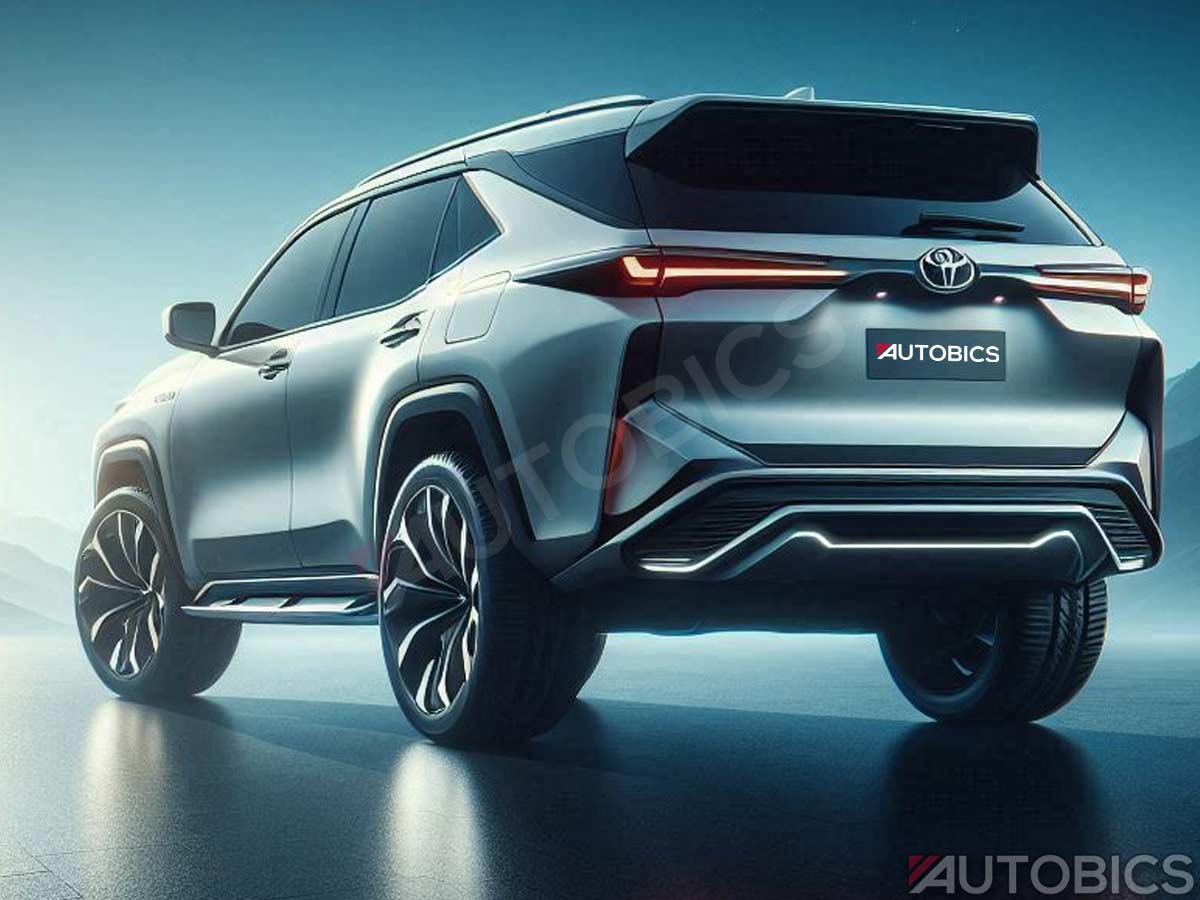
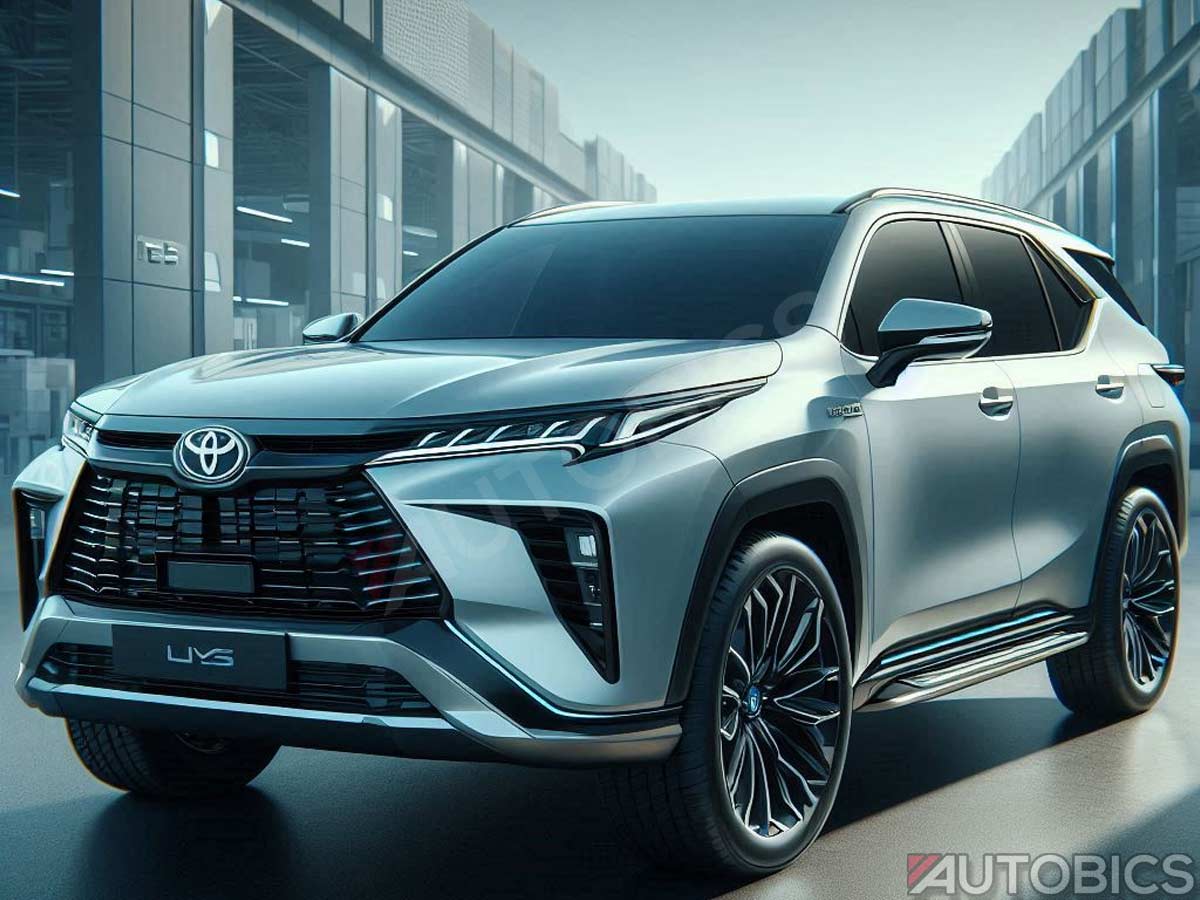
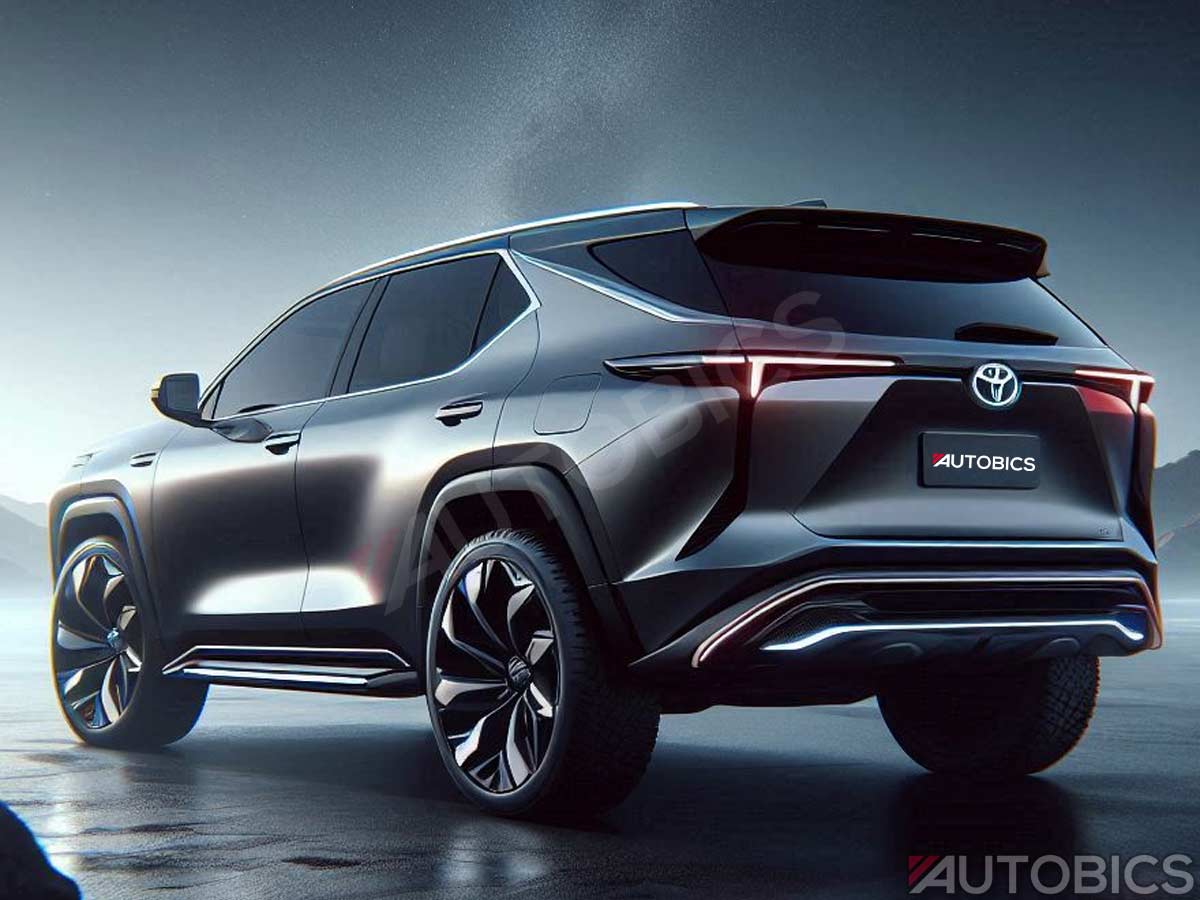
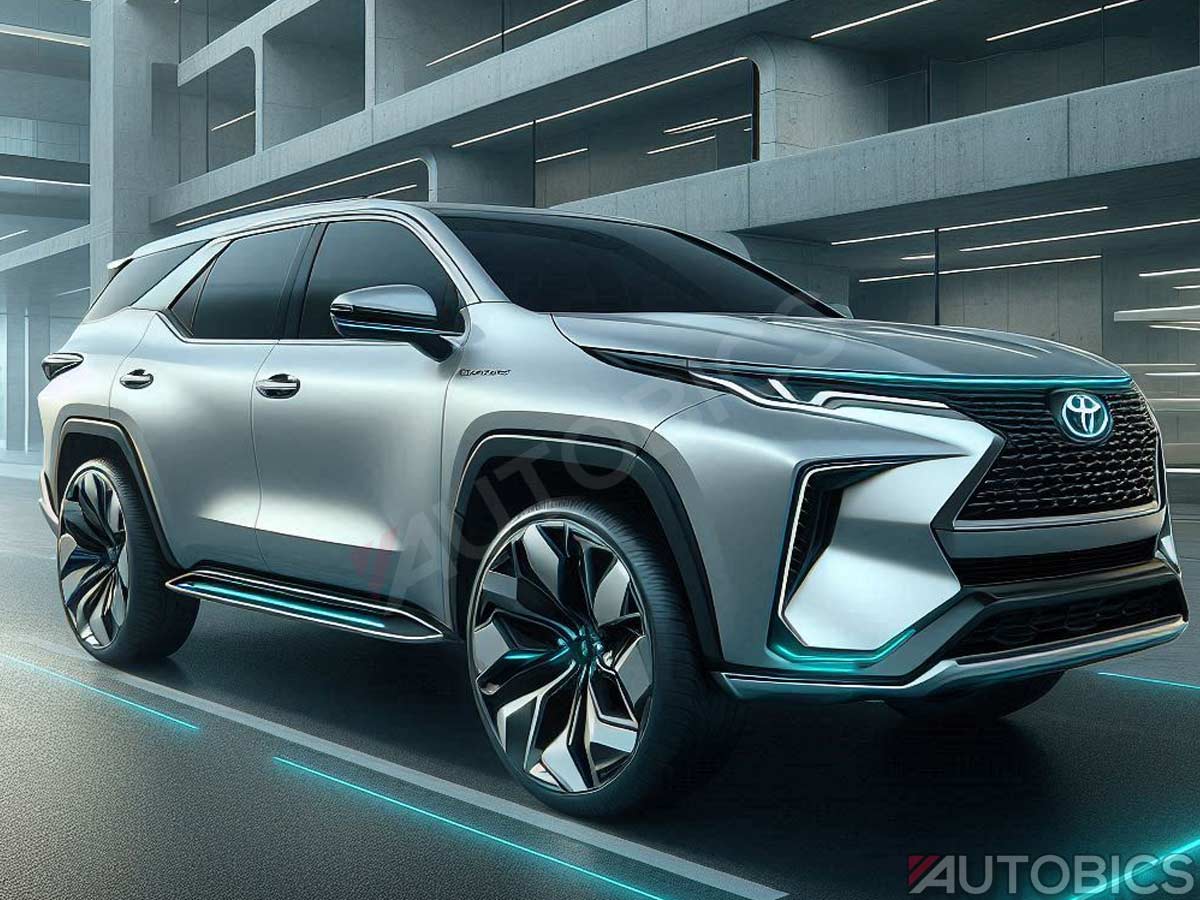
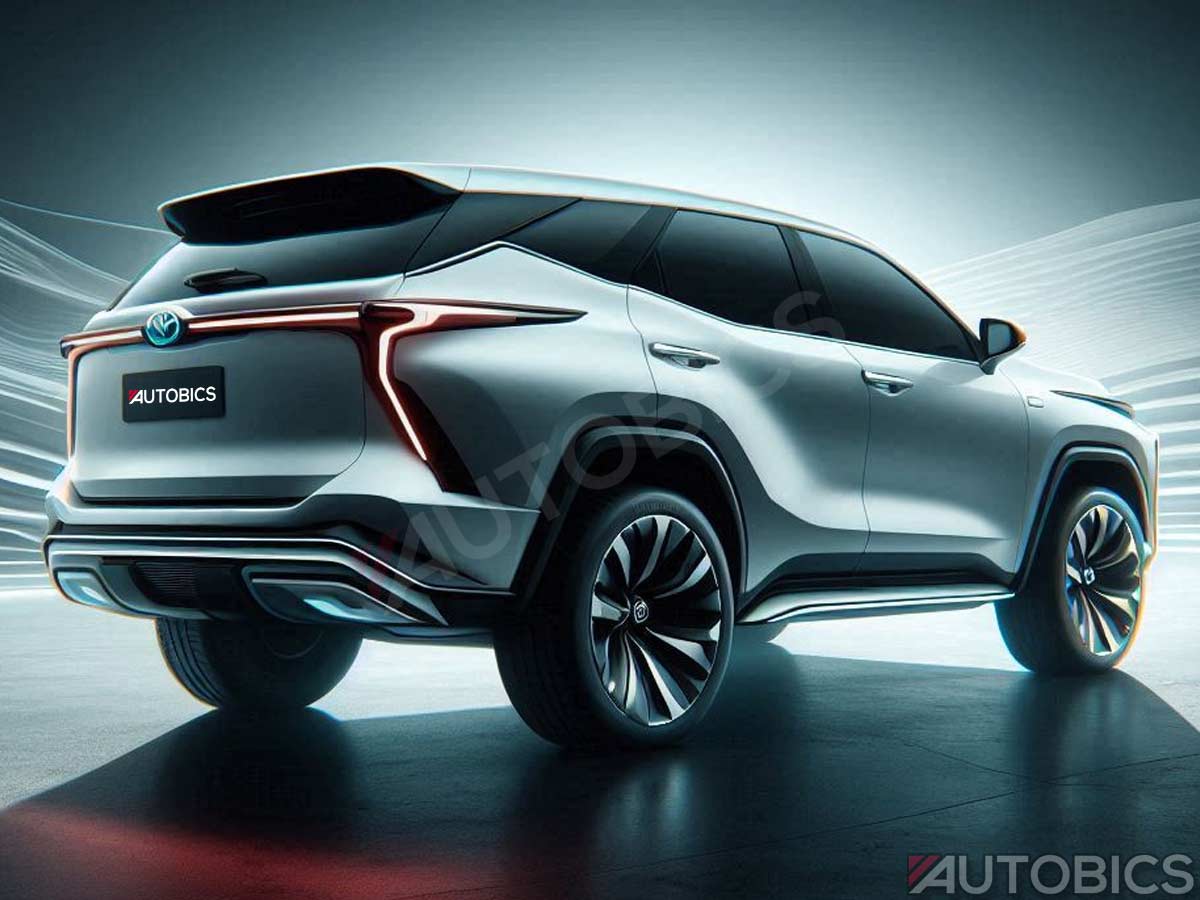
Competition in the Premium SUV Segment
The Toyota Fortuner Hybrid will face fierce competition, but its hybrid technology could give it an edge over traditional models in this space. Let’s see how it stacks up:
- Ford Everest (Endeavour): Known for its powerful engines and modern features but lacks a hybrid option.
- MG Gloster: A tech-laden SUV, but Toyota’s brand trust and resale value remain unmatched.
- Mahindra Scorpio-N and XUV700: Strong contenders in India but lag behind in legacy and hybrid technology.
- Jeep Meridian: Positioned as a luxury off-roader but also lacks a hybrid variant.
With a hybrid powertrain, the Fortuner could dominate the underserved premium hybrid SUV segment, differentiating itself from traditional diesel and petrol models.
Challenges in the Hybrid Transition
While a Fortuner Hybrid is an exciting prospect, Toyota must navigate several hurdles:
- Pricing: Incorporating hybrid technology will increase costs, and Toyota must ensure competitive pricing.
- Market Adaptation: In diesel-dominated regions, convincing buyers to switch to hybrid might be challenging.
- Infrastructure: Hybrid models thrive with robust servicing infrastructure, which may still be developing in some markets.
Opportunities for Toyota
Toyota’s hybrid expertise and strong brand reputation offer immense opportunities. Government incentives, growing environmental awareness, and the push for sustainable mobility align perfectly with the hybrid Fortuner’s potential.
By leading the charge in hybrid SUVs, Toyota can redefine the segment, ensuring the Fortuner retains its iconic status while embracing the future.
The Road Ahead
The Toyota Fortuner Hybrid could redefine what an SUV can be—offering the perfect mix of power, efficiency, and Eco-consciousness. If Toyota integrates hybrid technology into the Fortuner, it could set a new benchmark in performance SUVs, inspiring a shift toward sustainable mobility in the premium SUV segment.
As we await official announcements, excitement builds around this transformative upgrade. Could the next-gen Fortuner strike the right balance between ruggedness and sustainability?
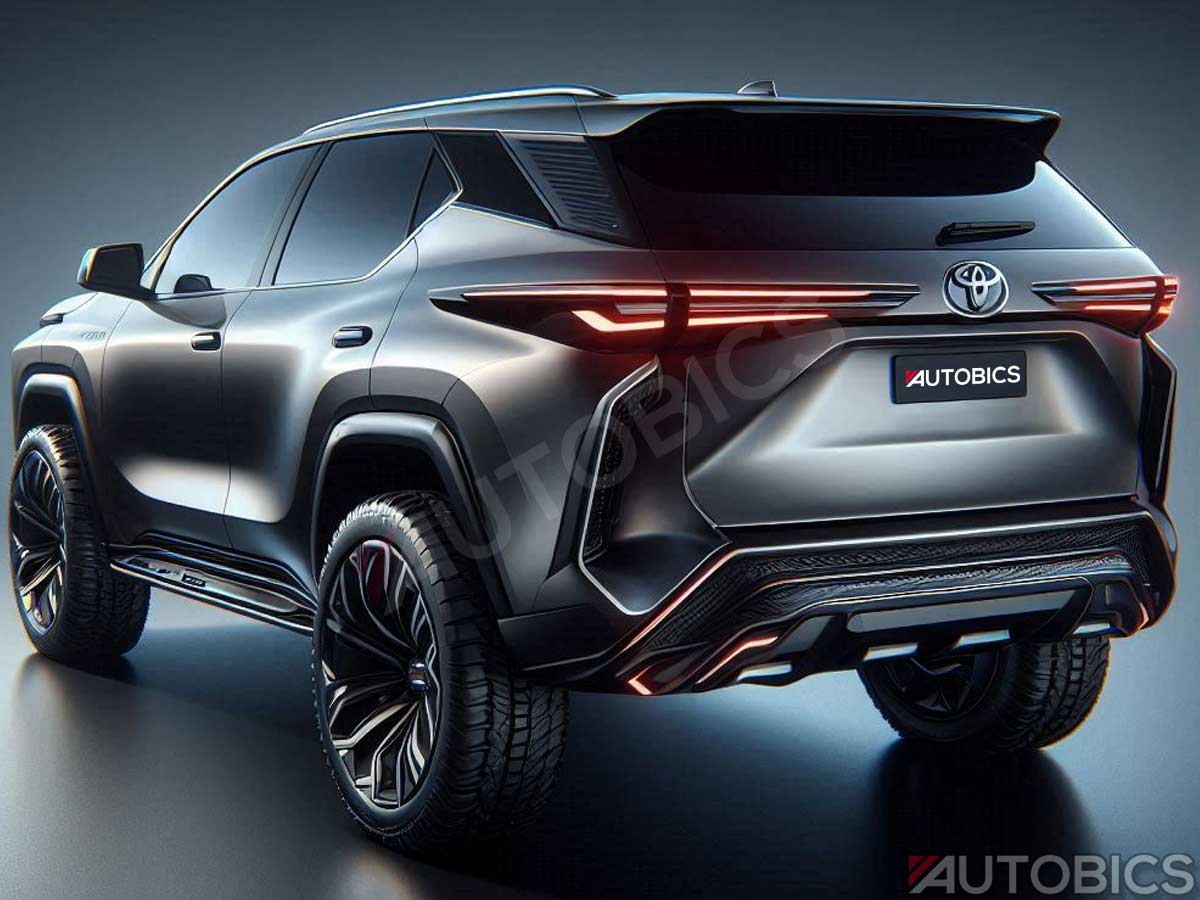
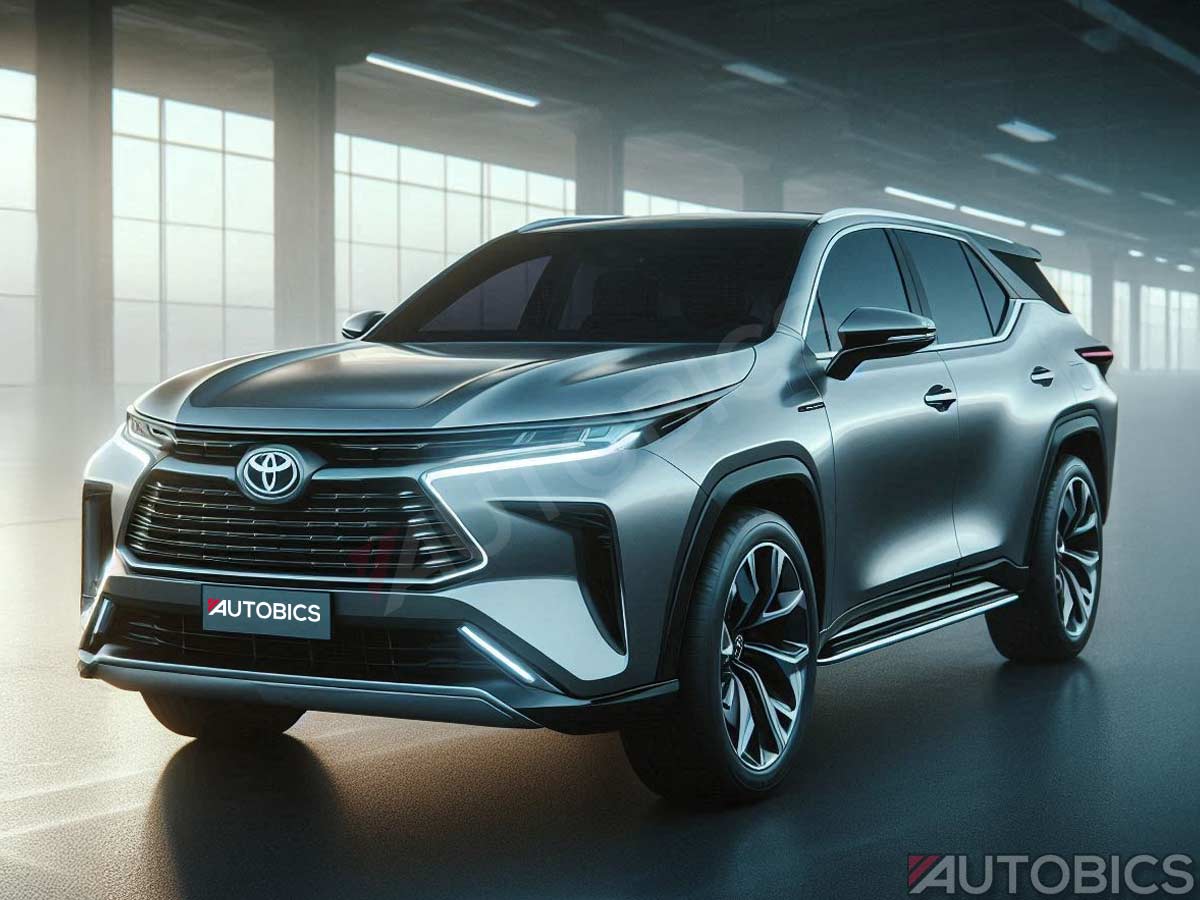
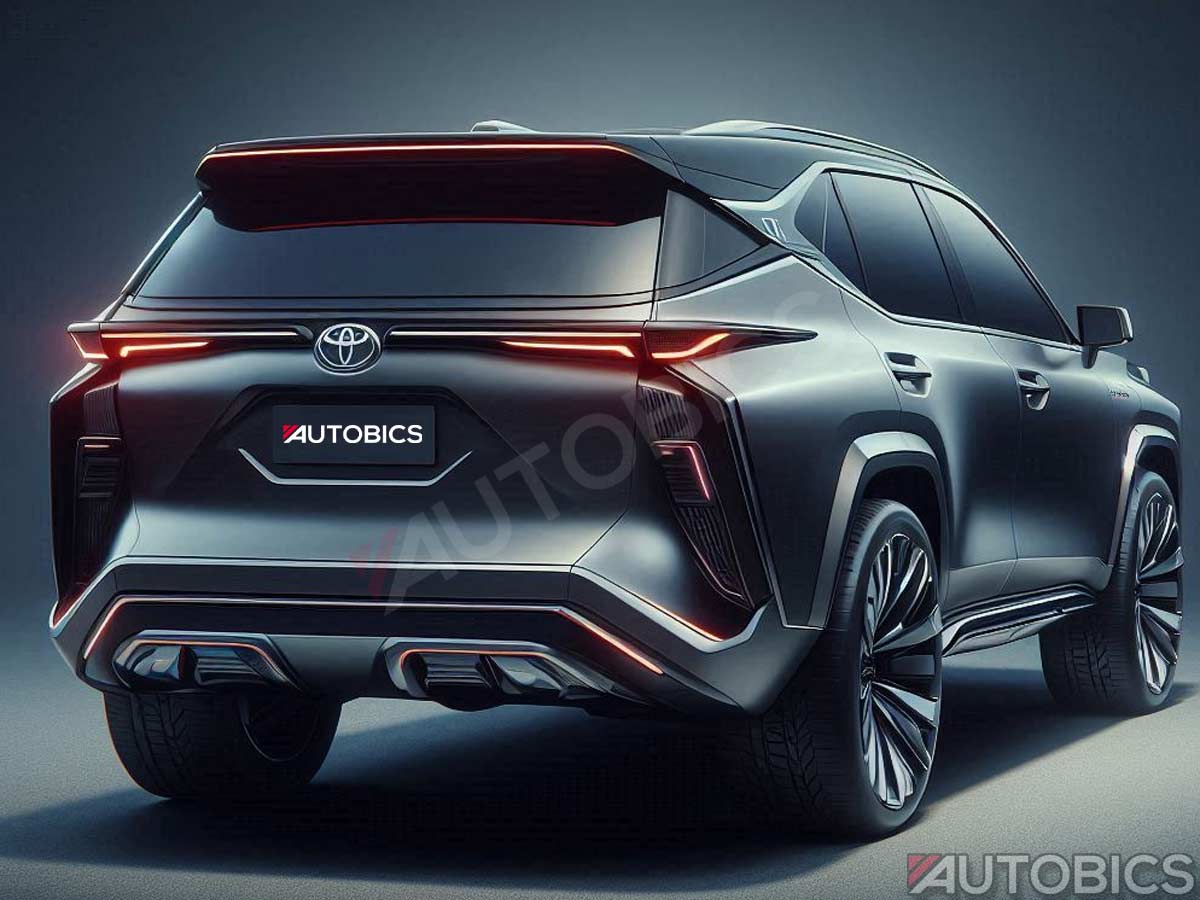
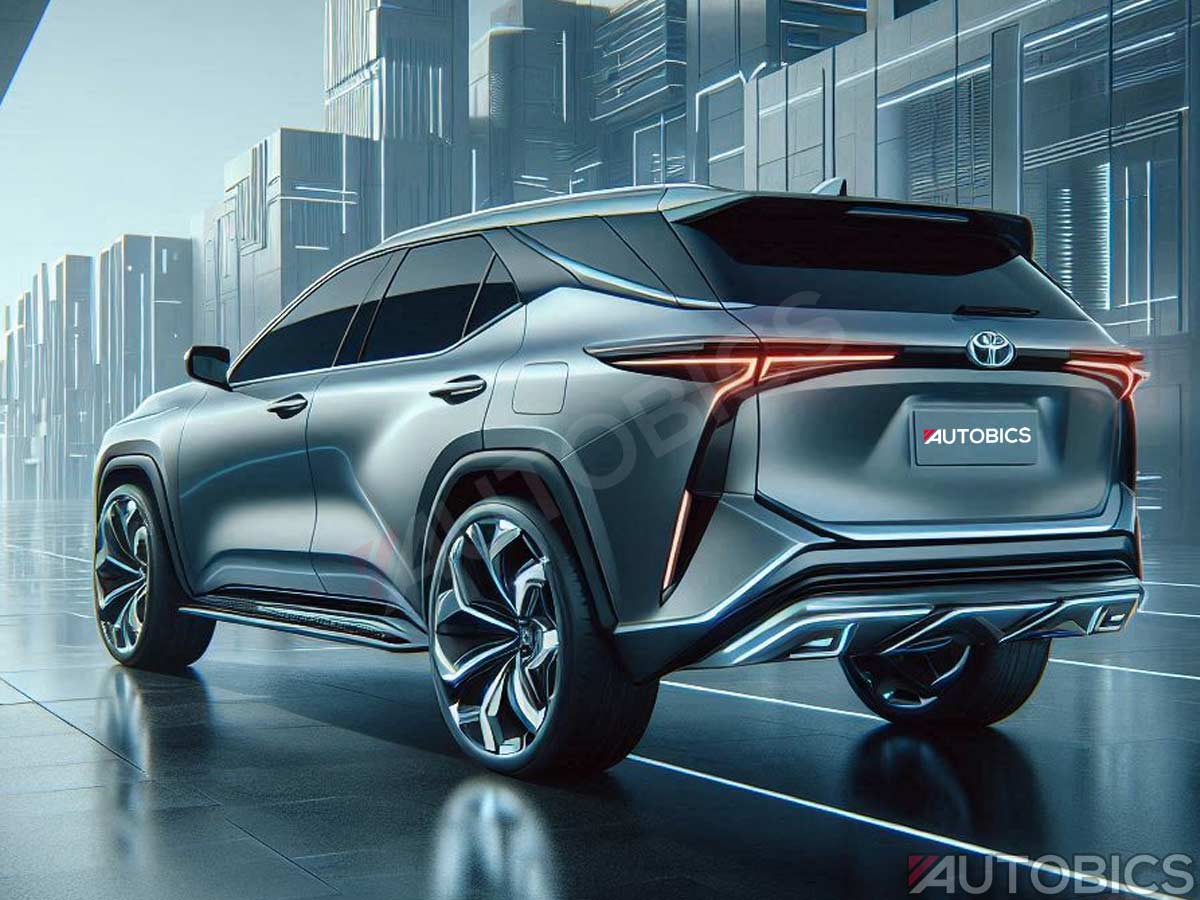
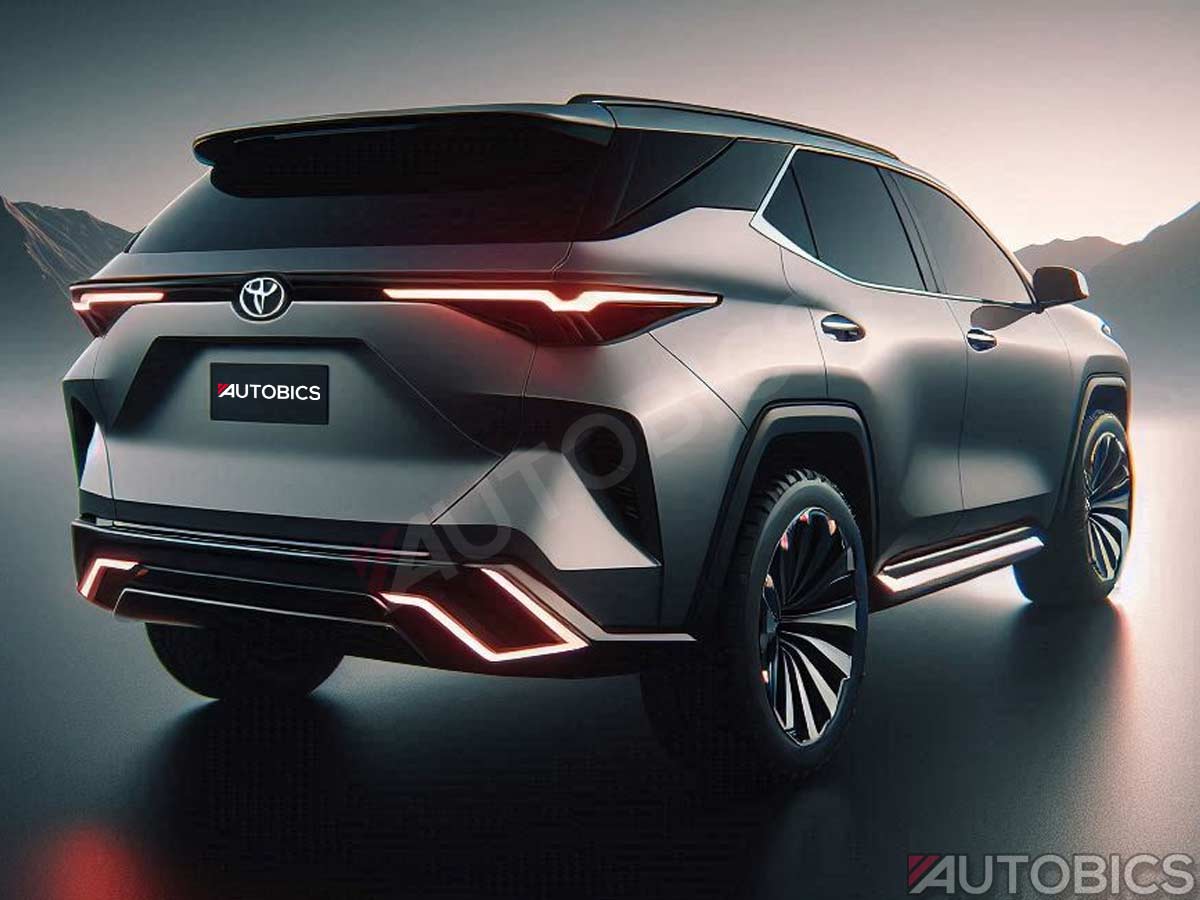
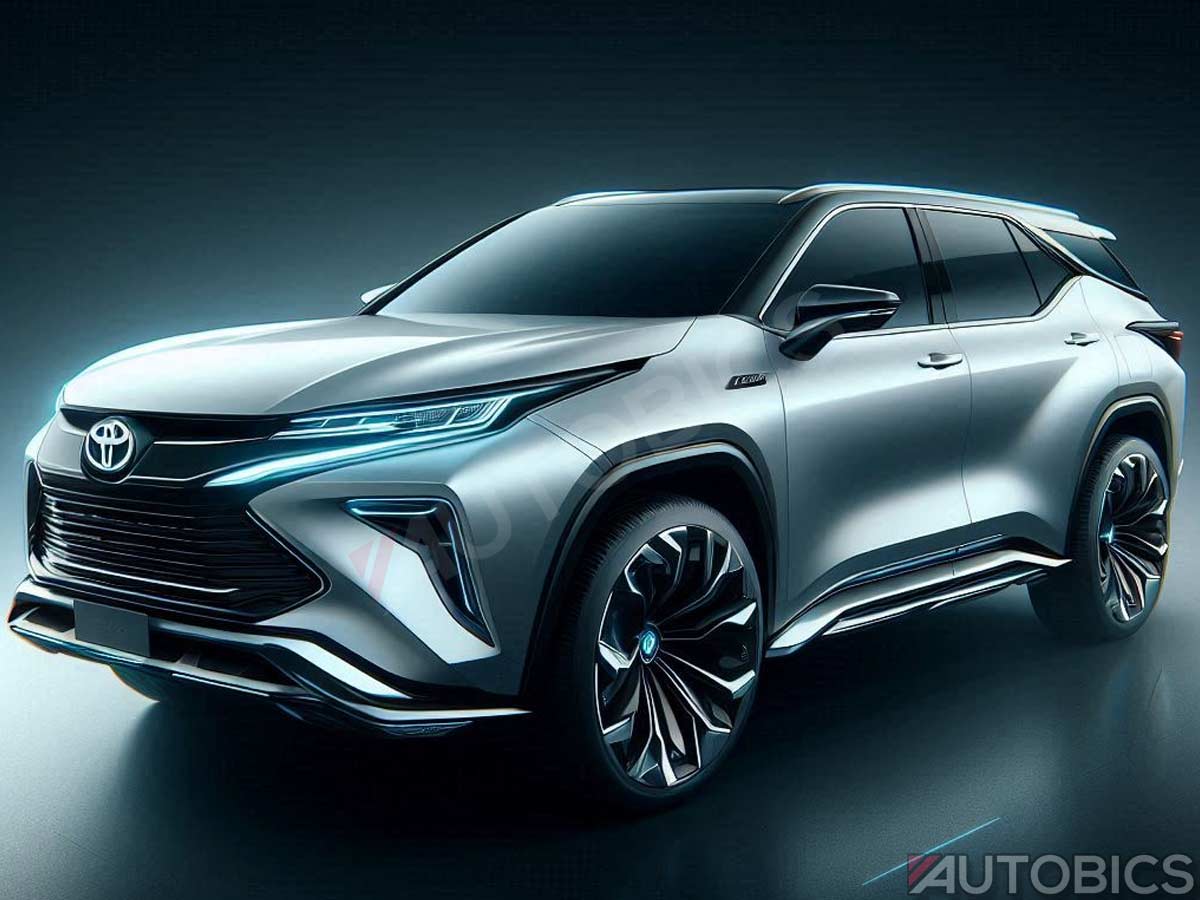
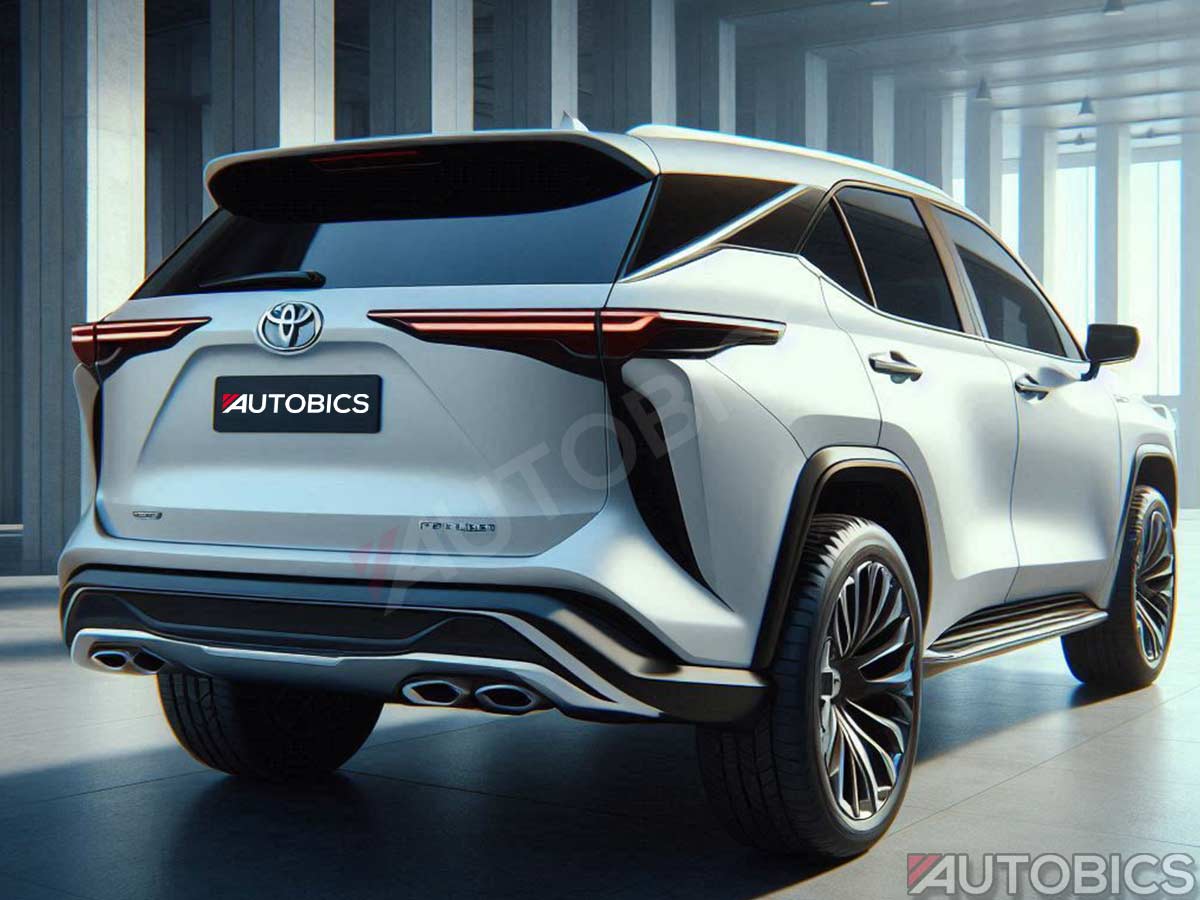
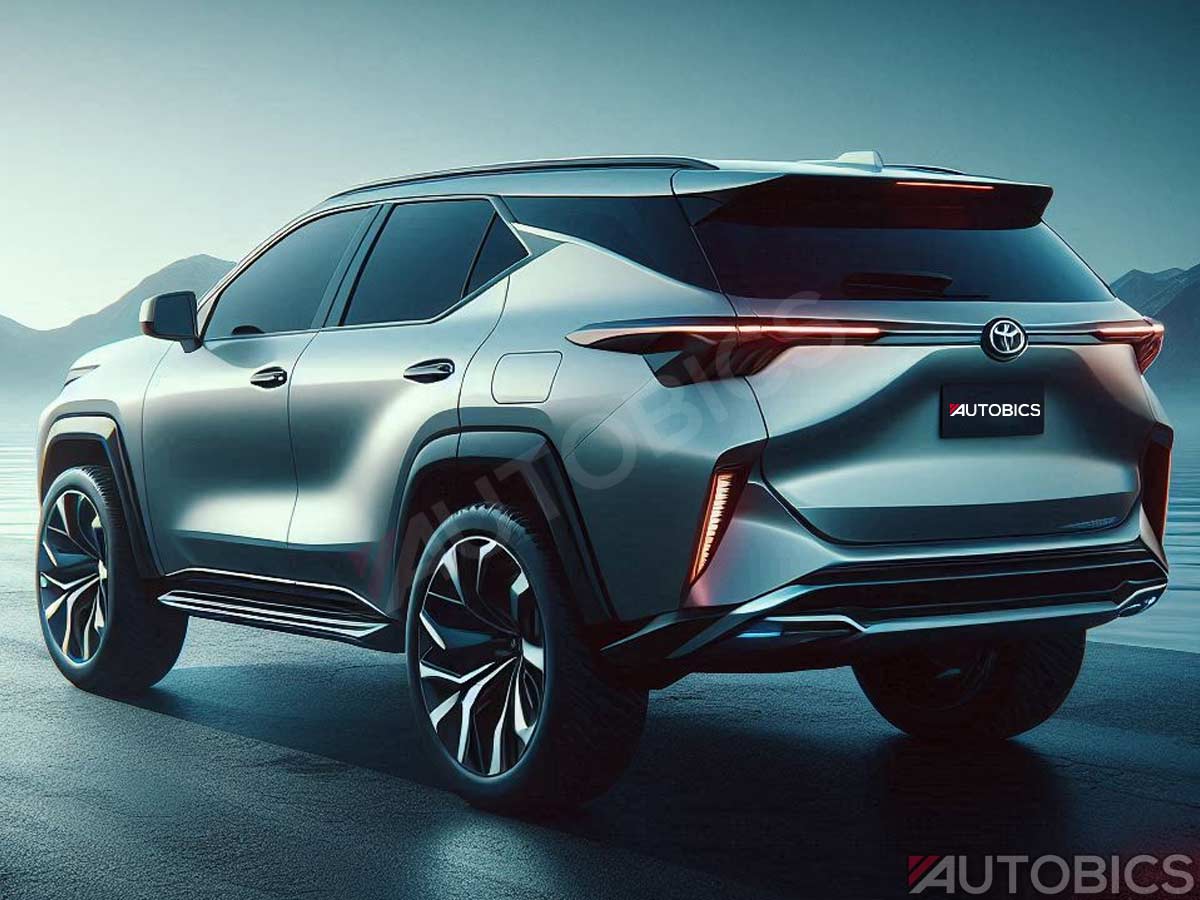
This information is purely speculative, as Toyota has not released any official details about the next-generation Fortuner Hybrid, and the AI generated car images are not official designs.
